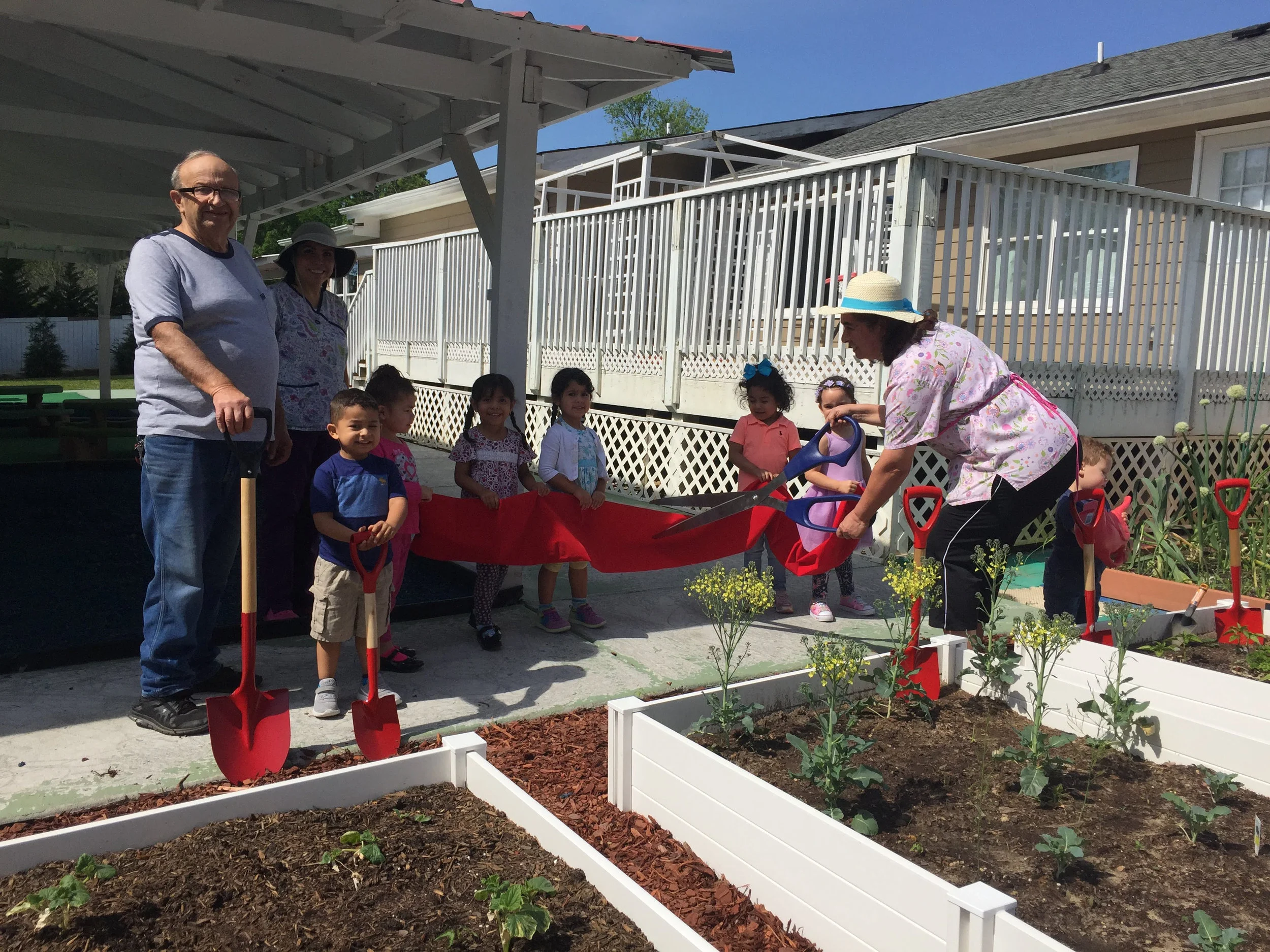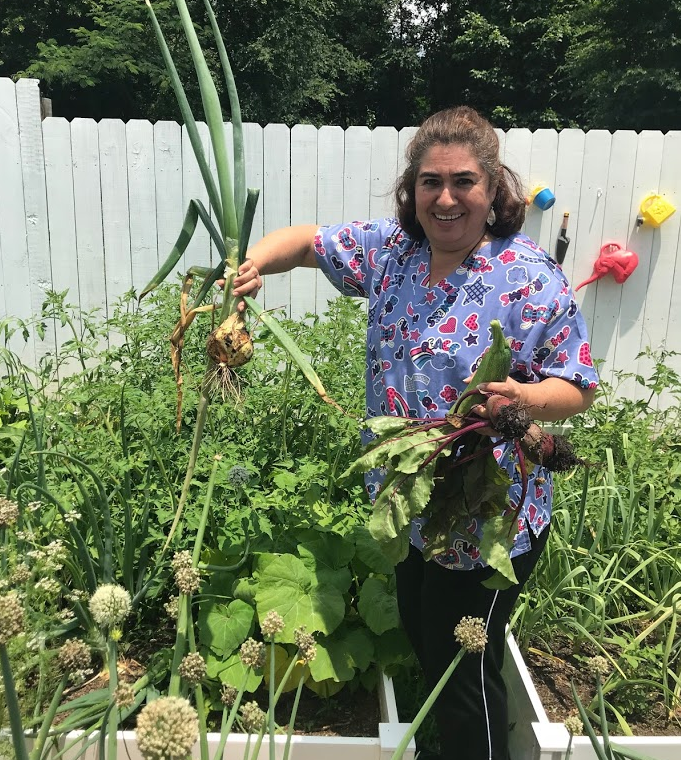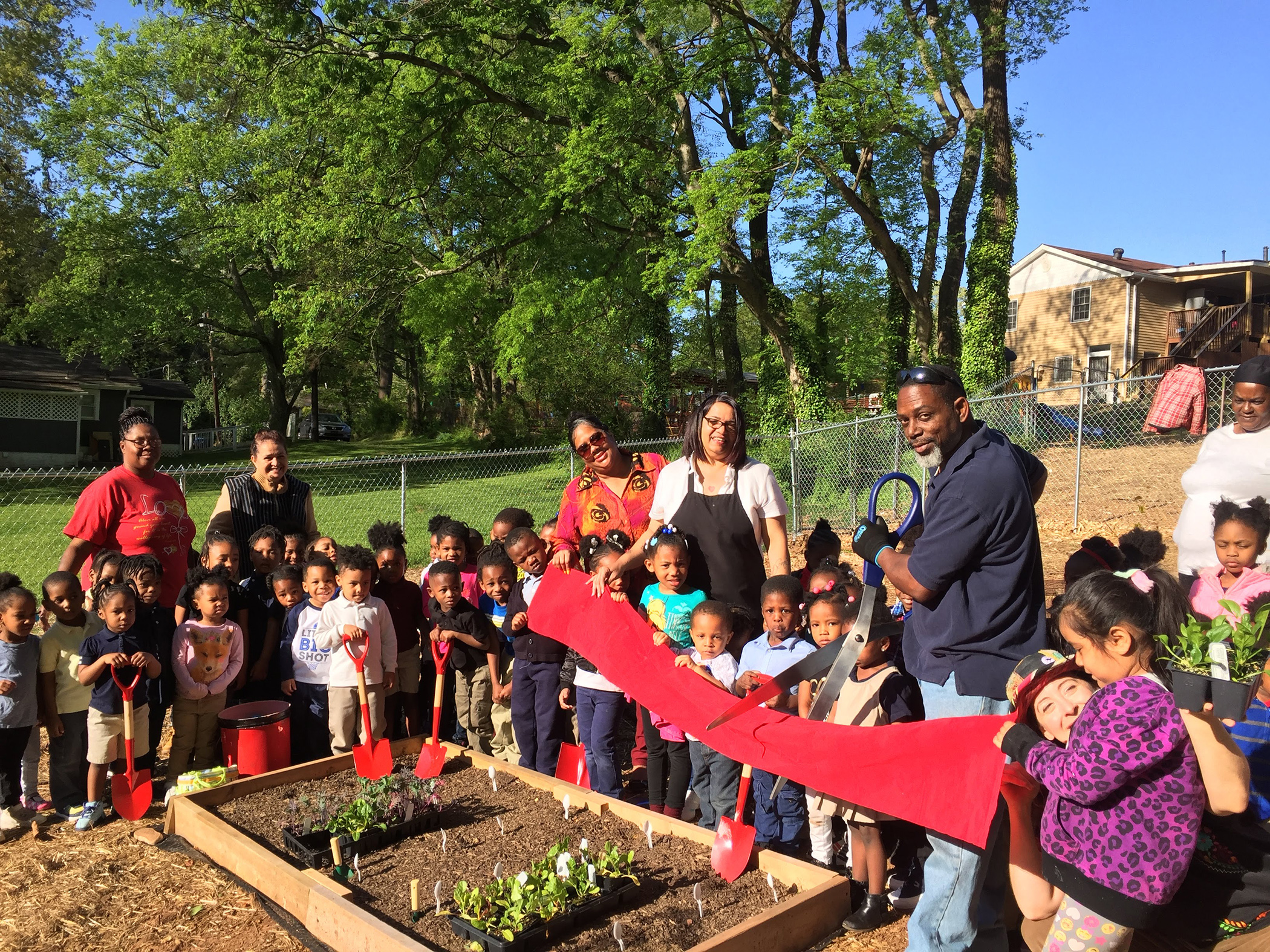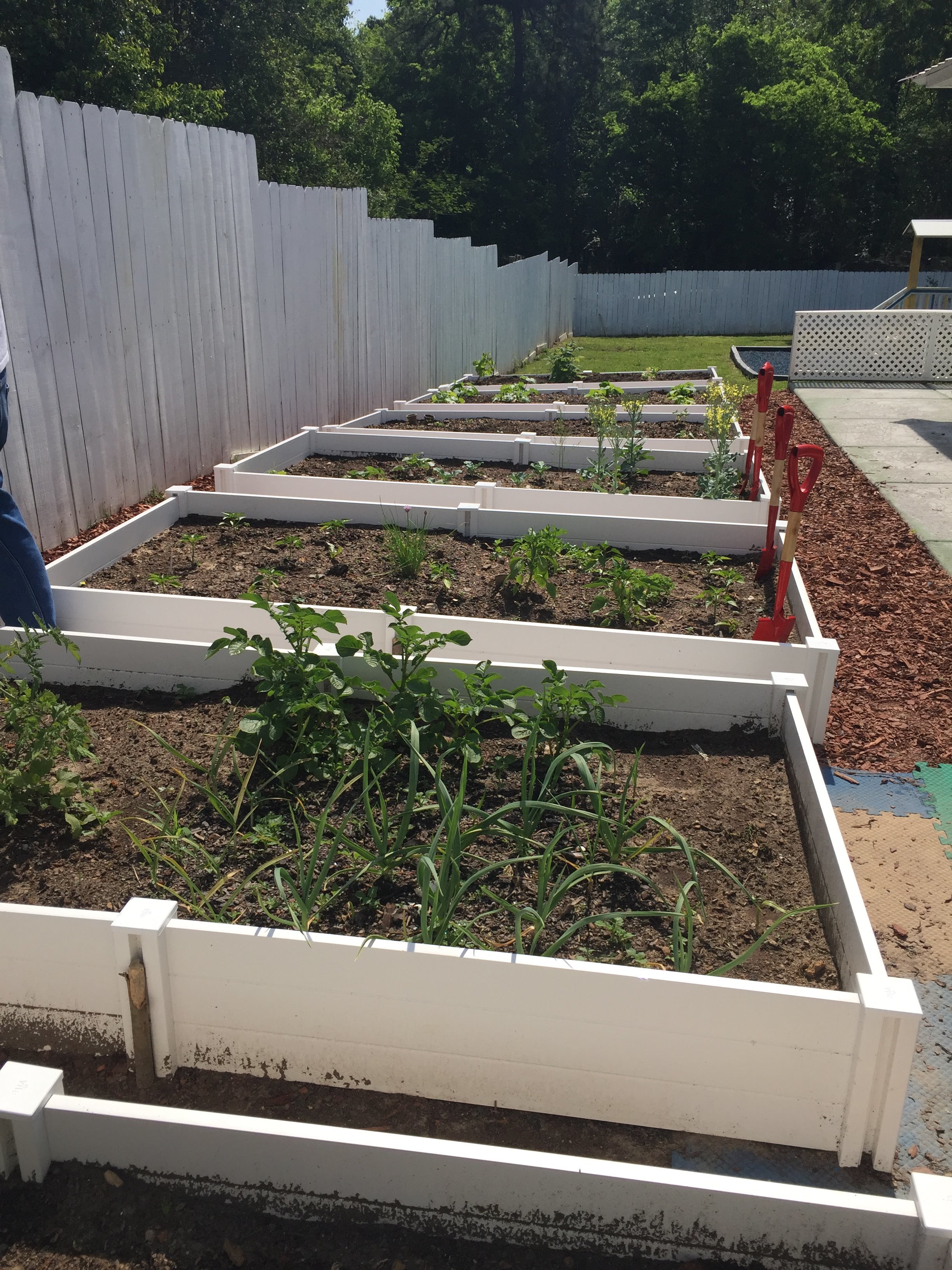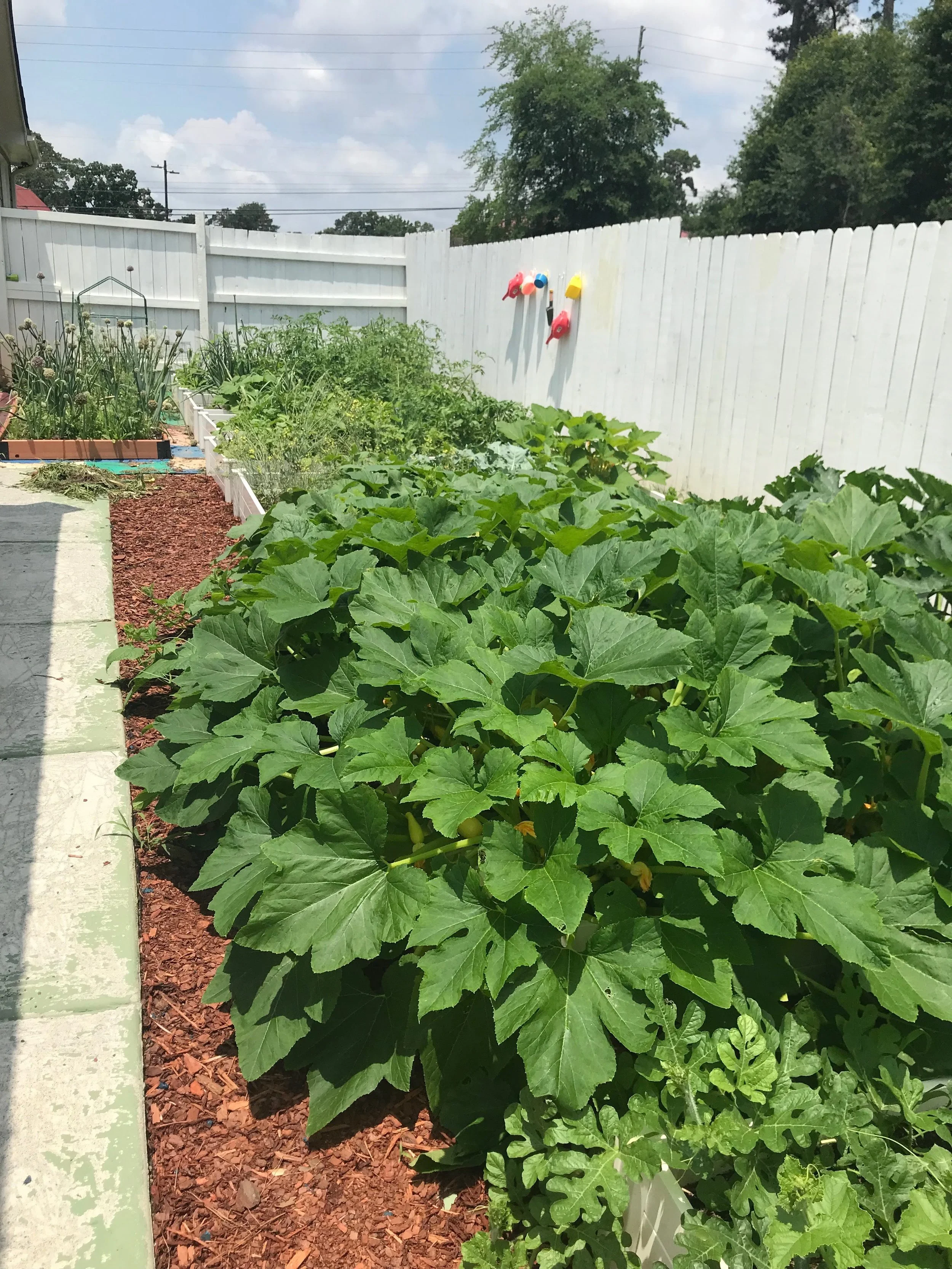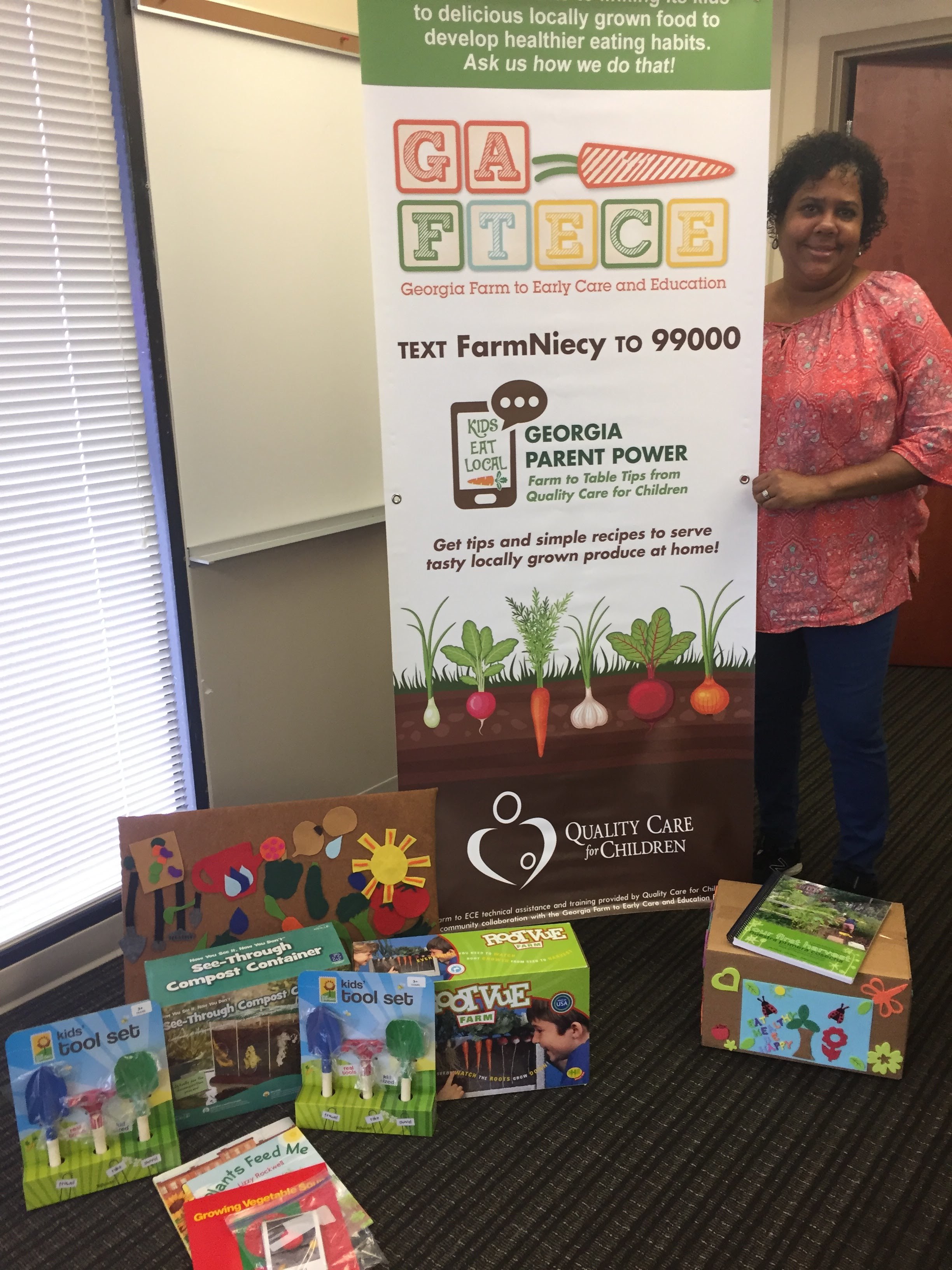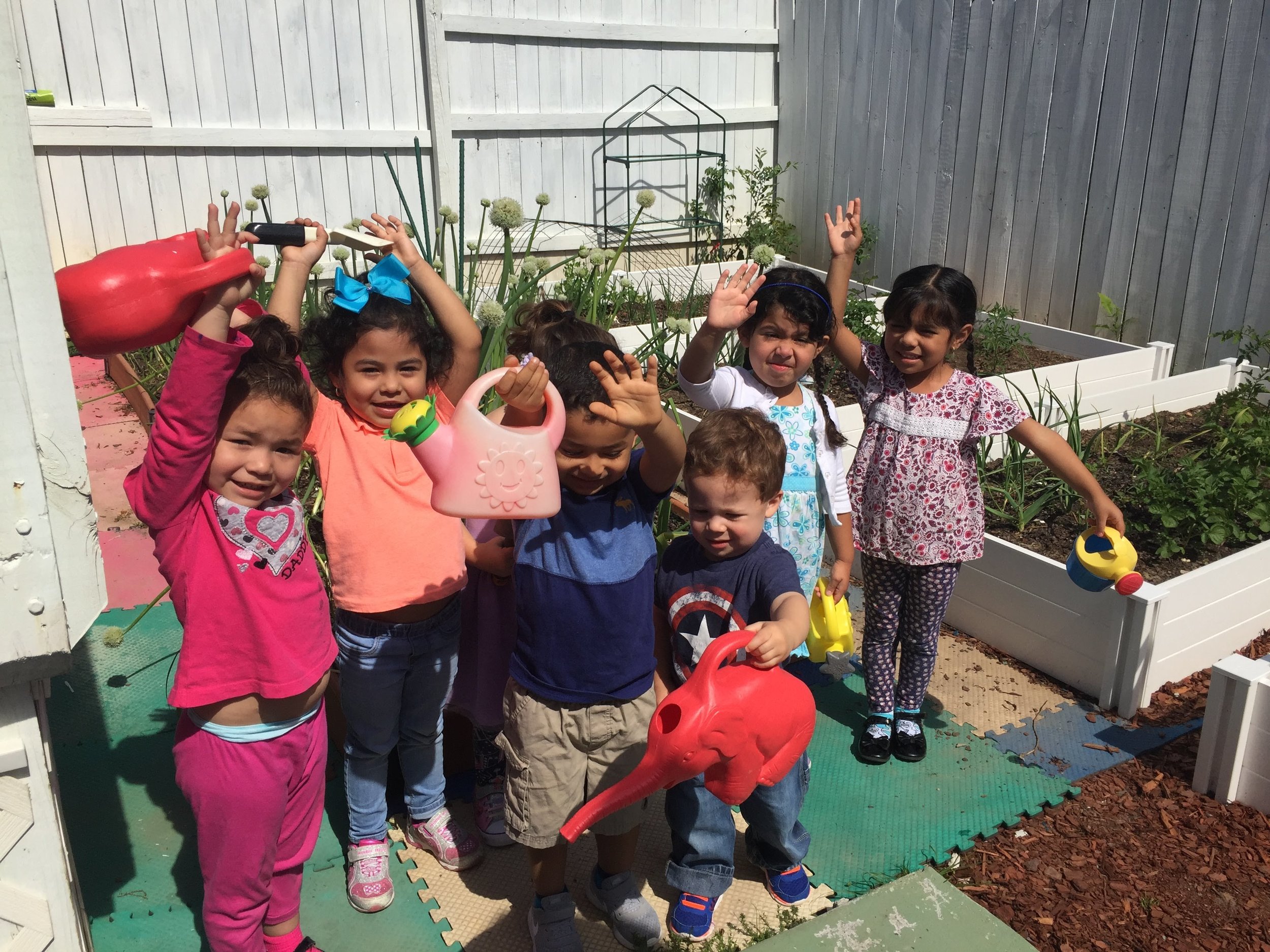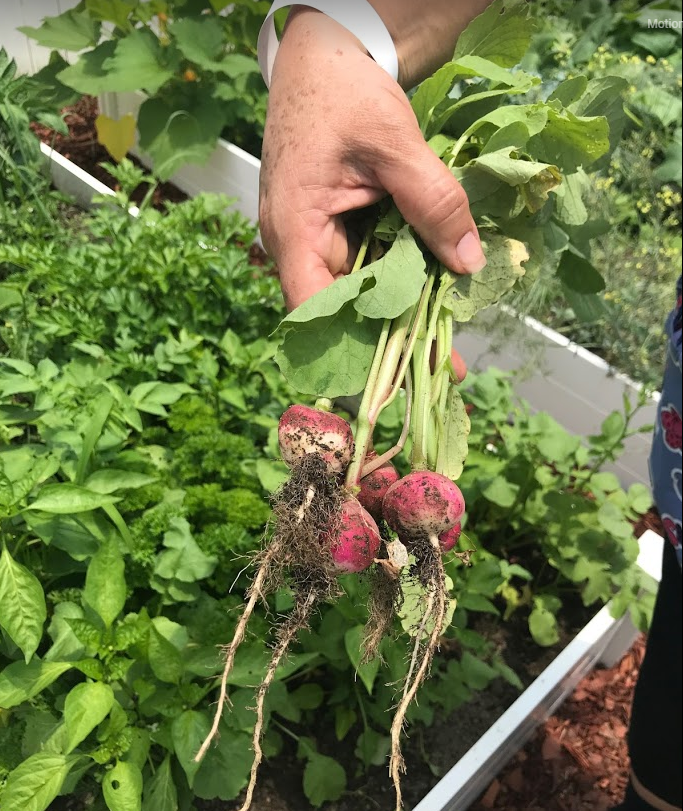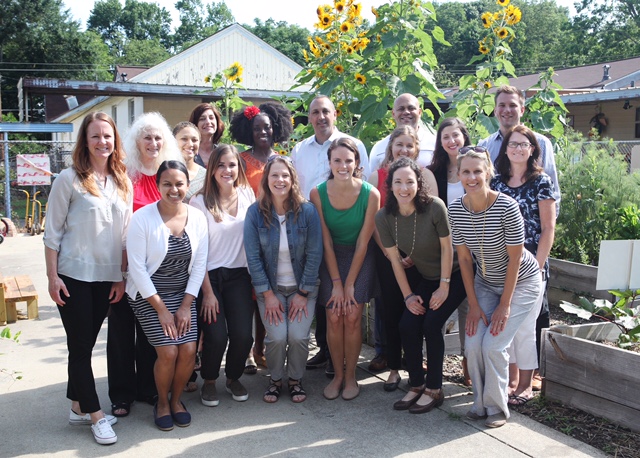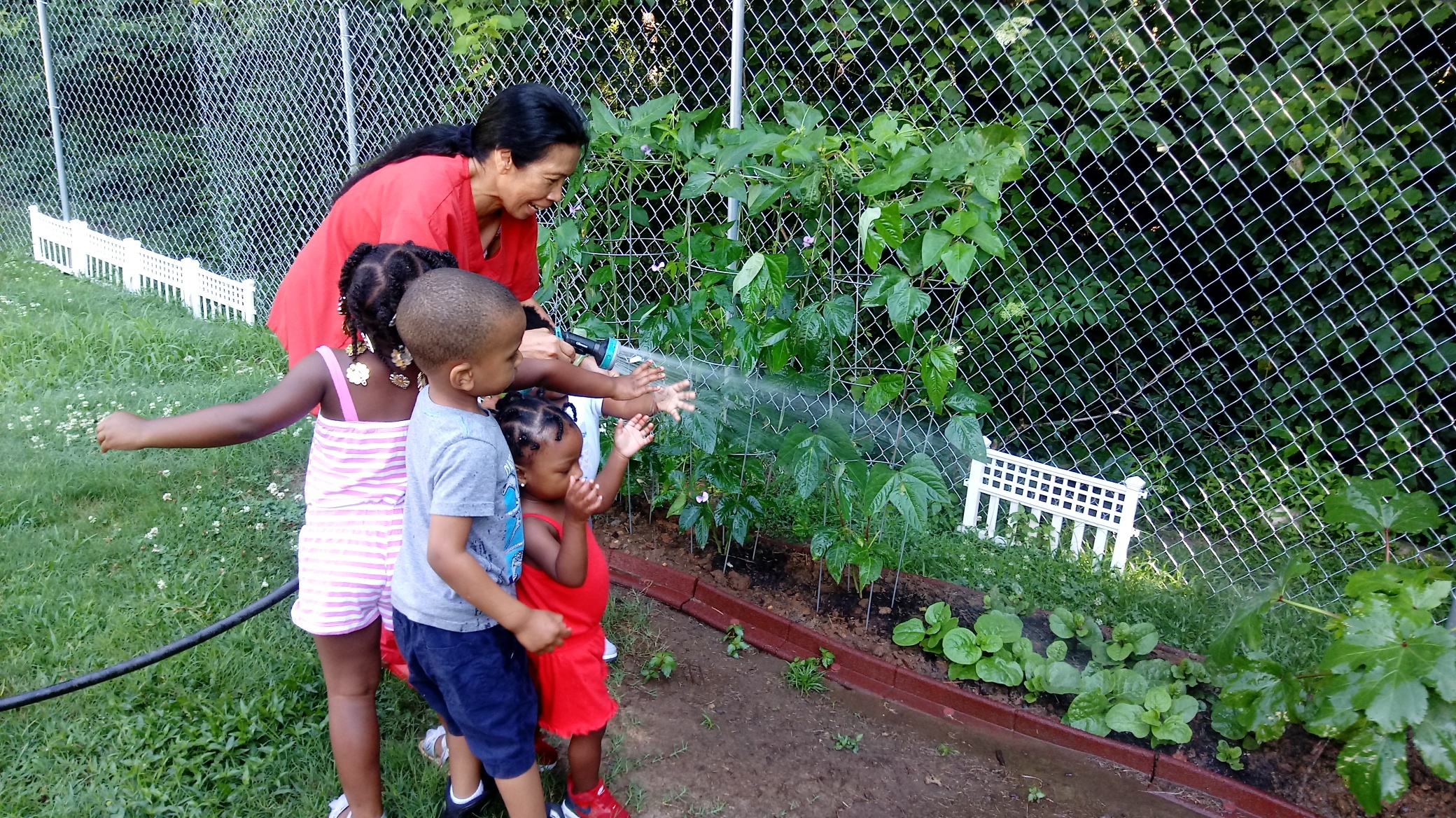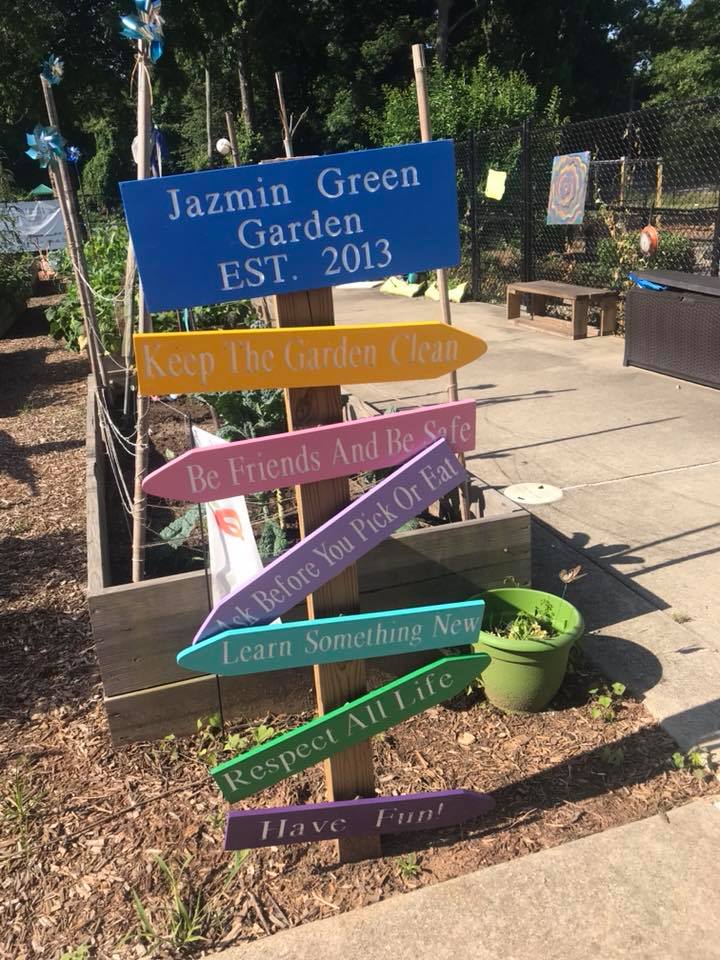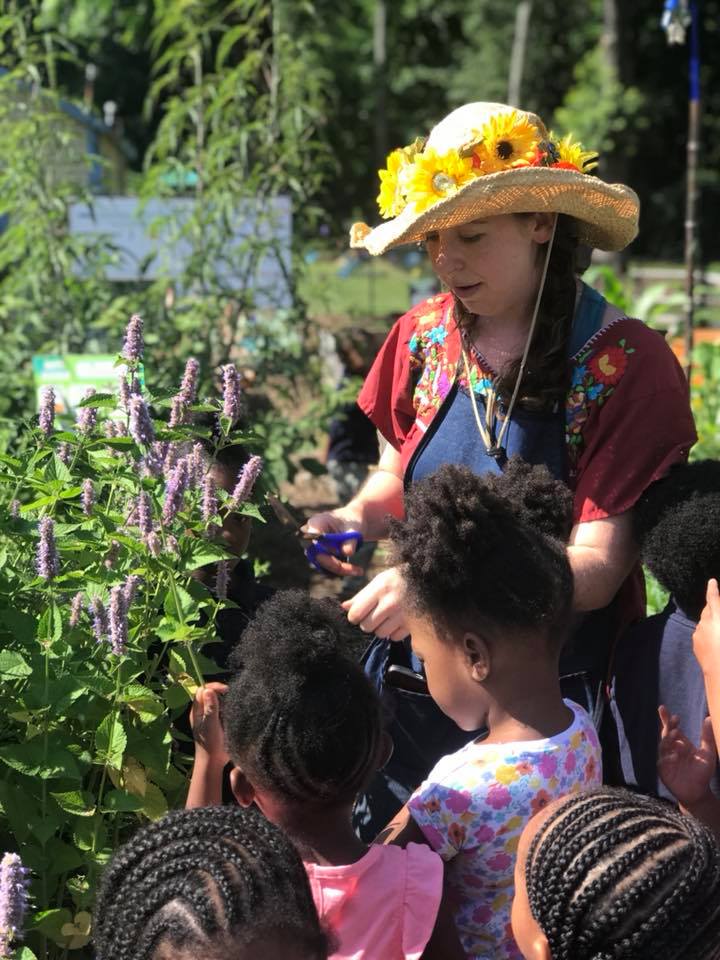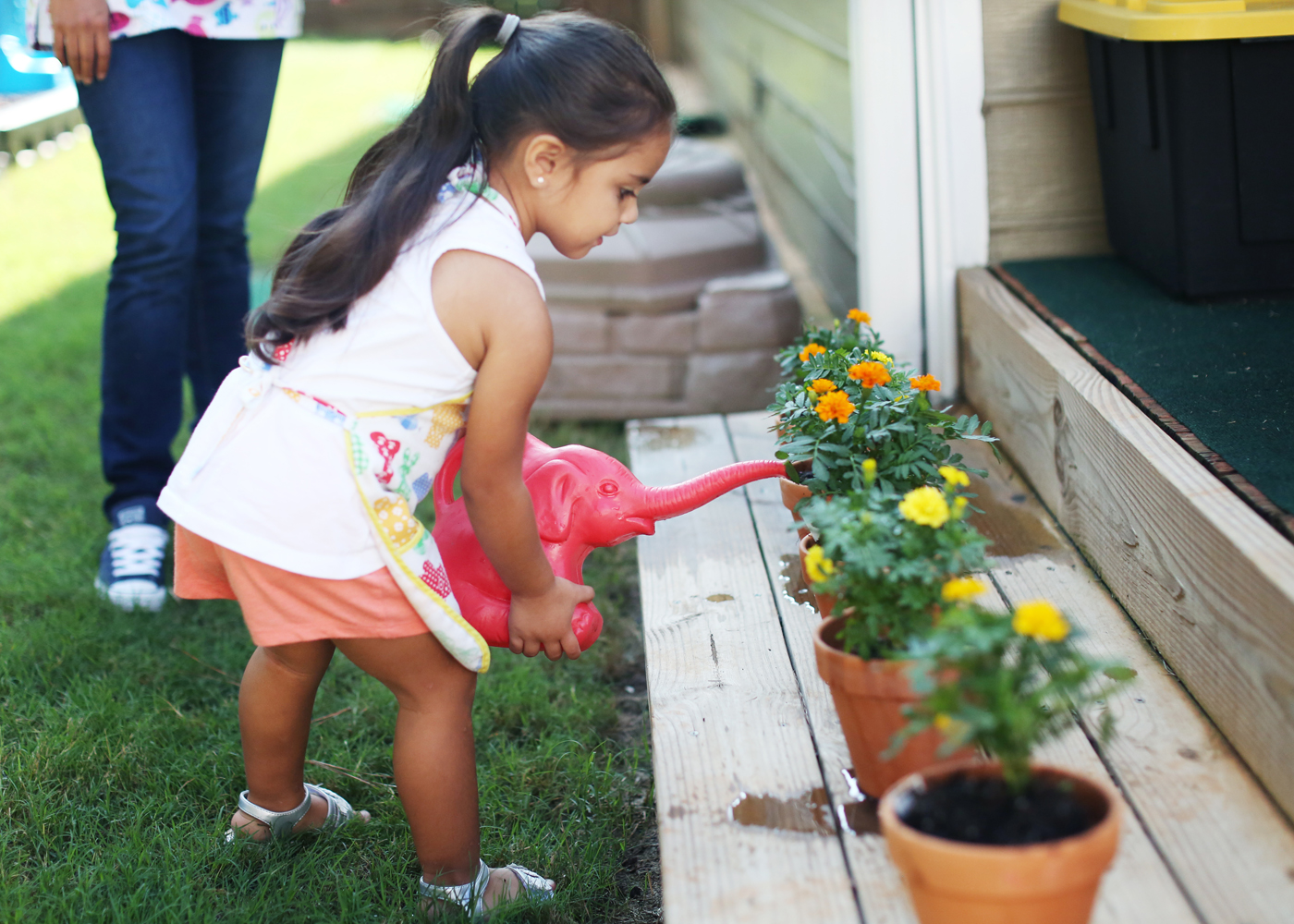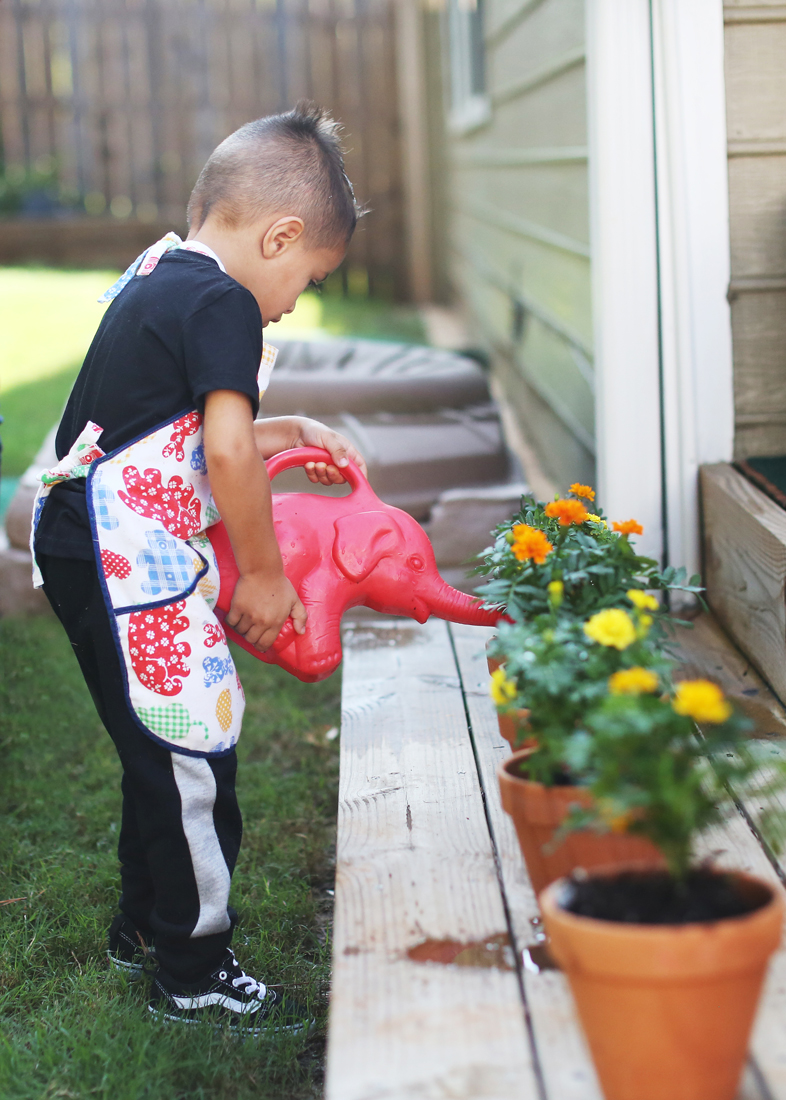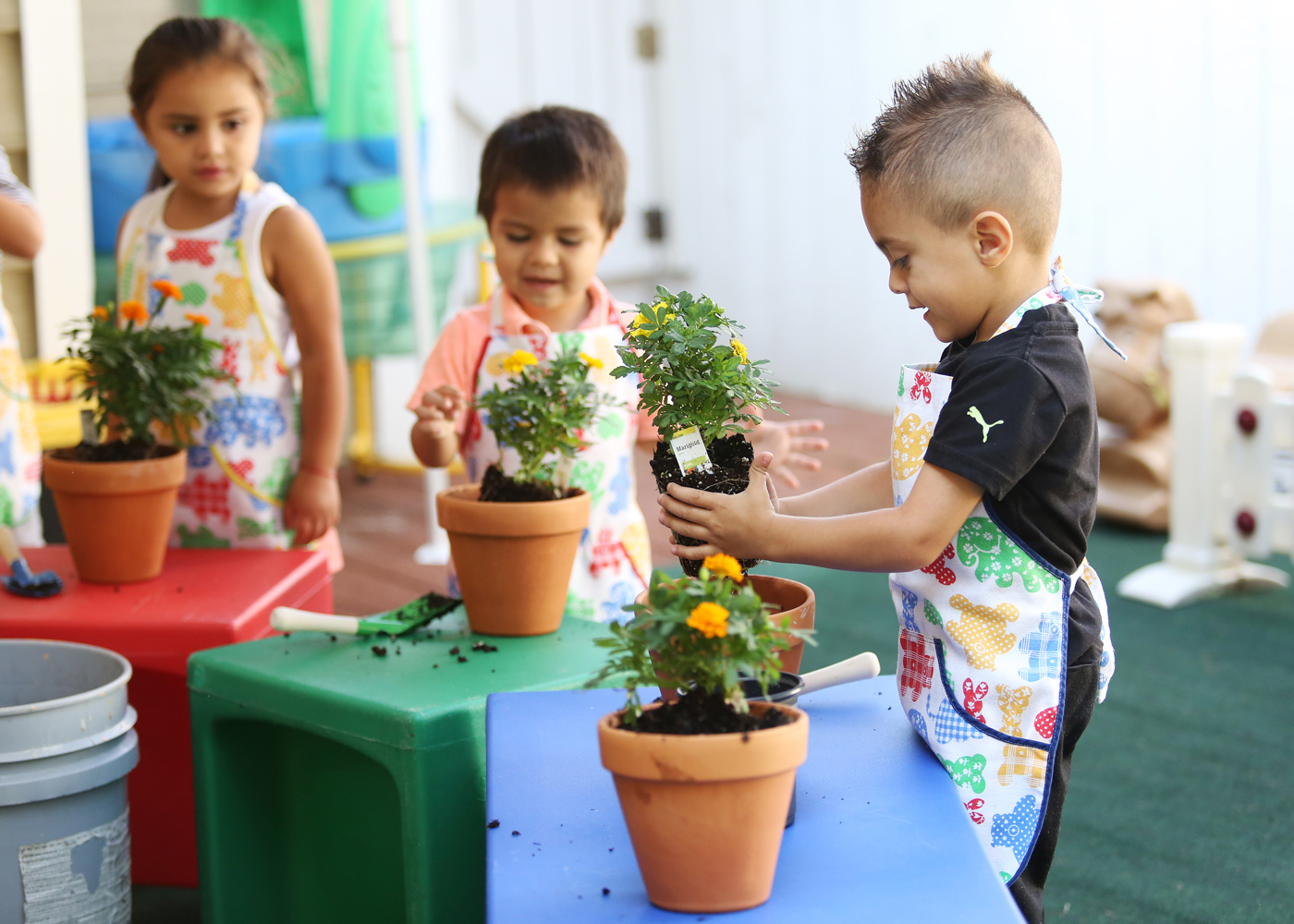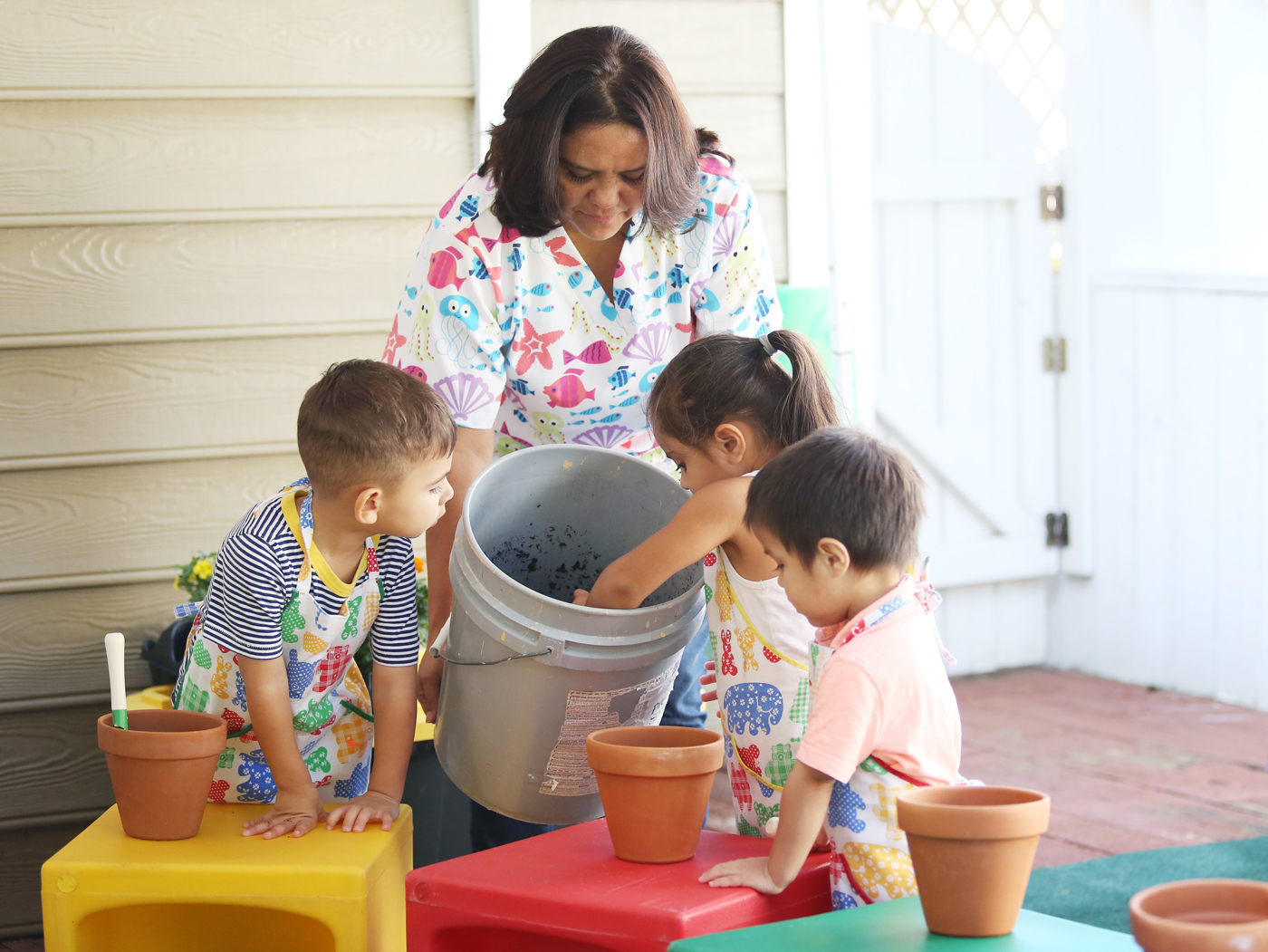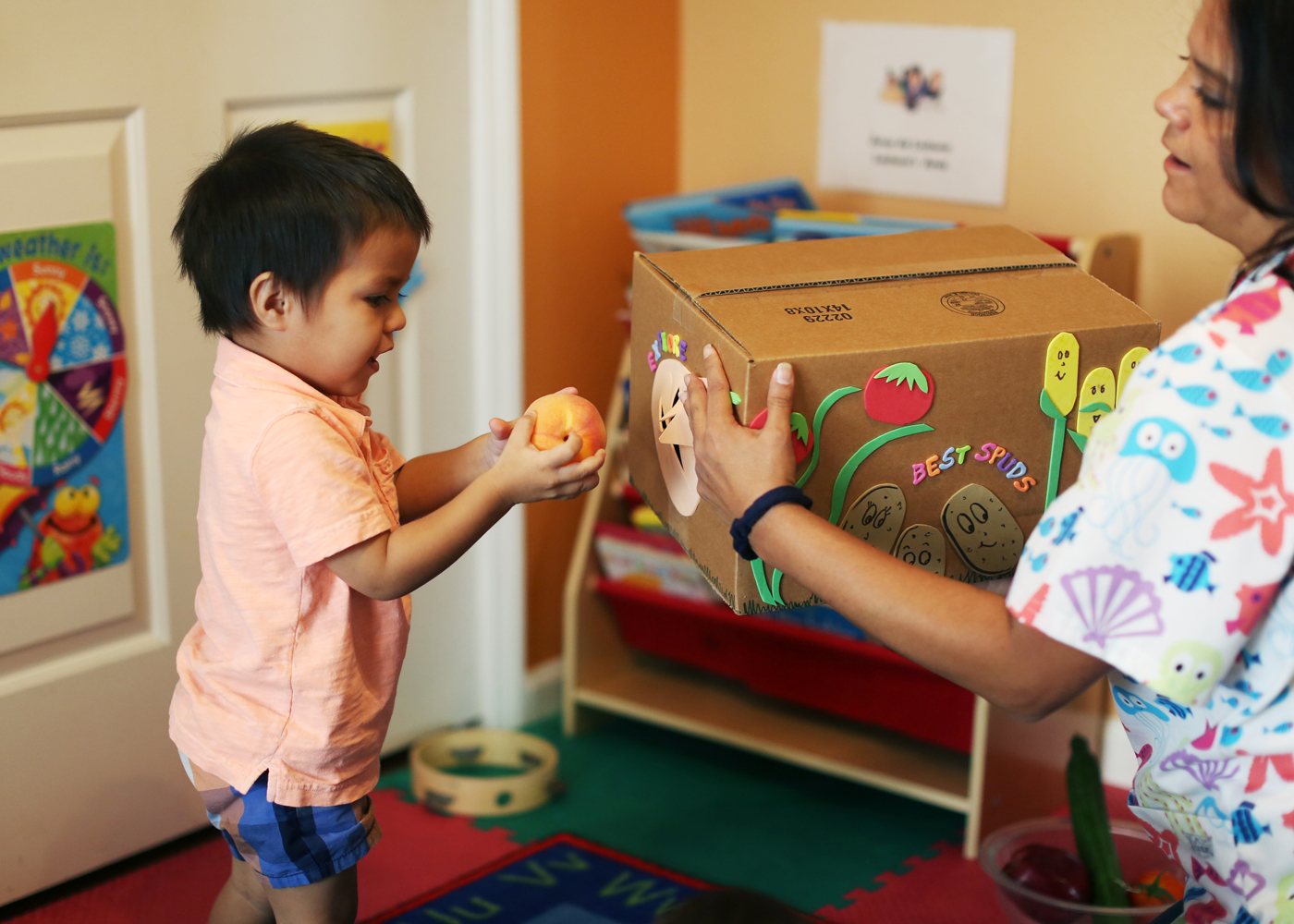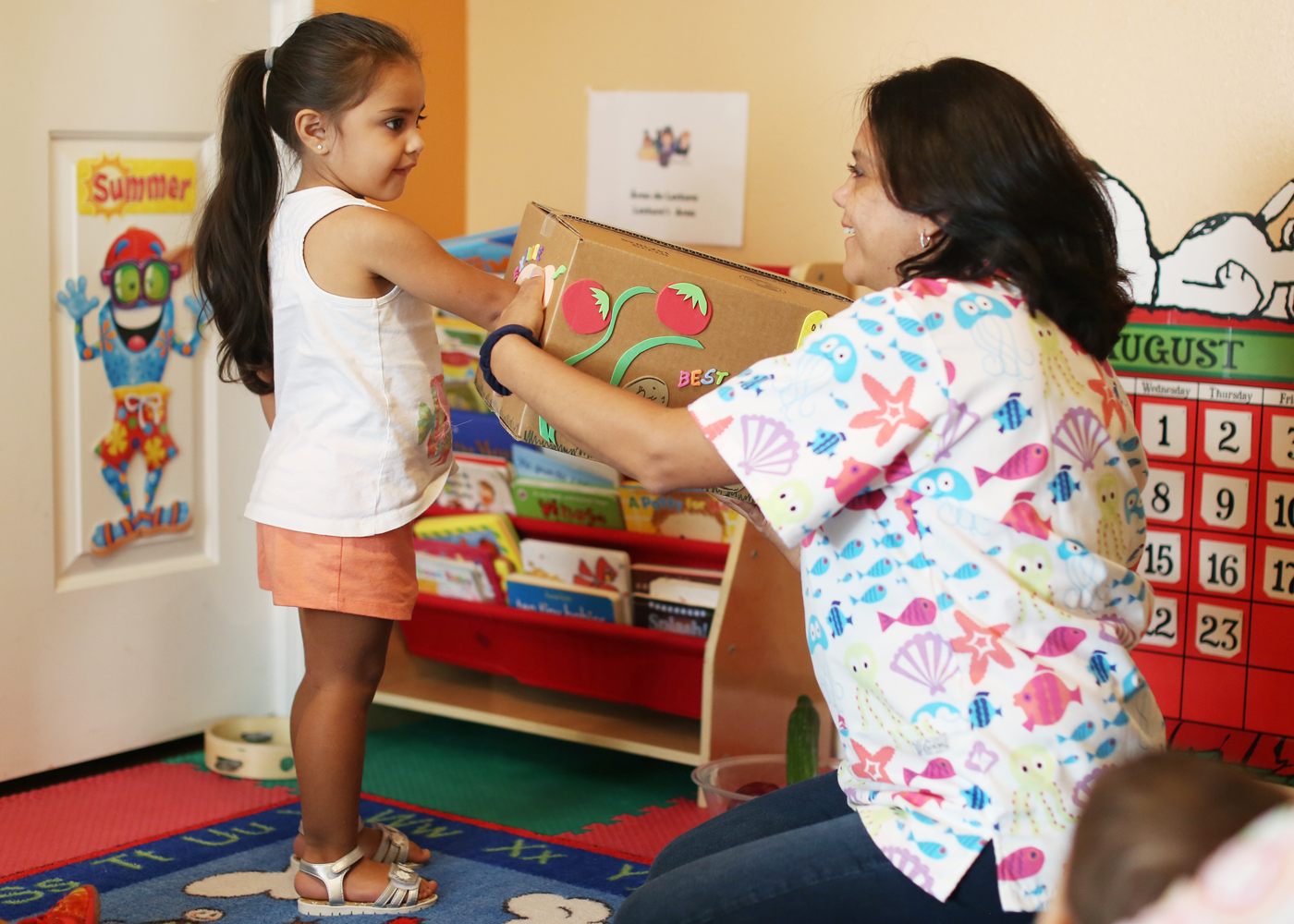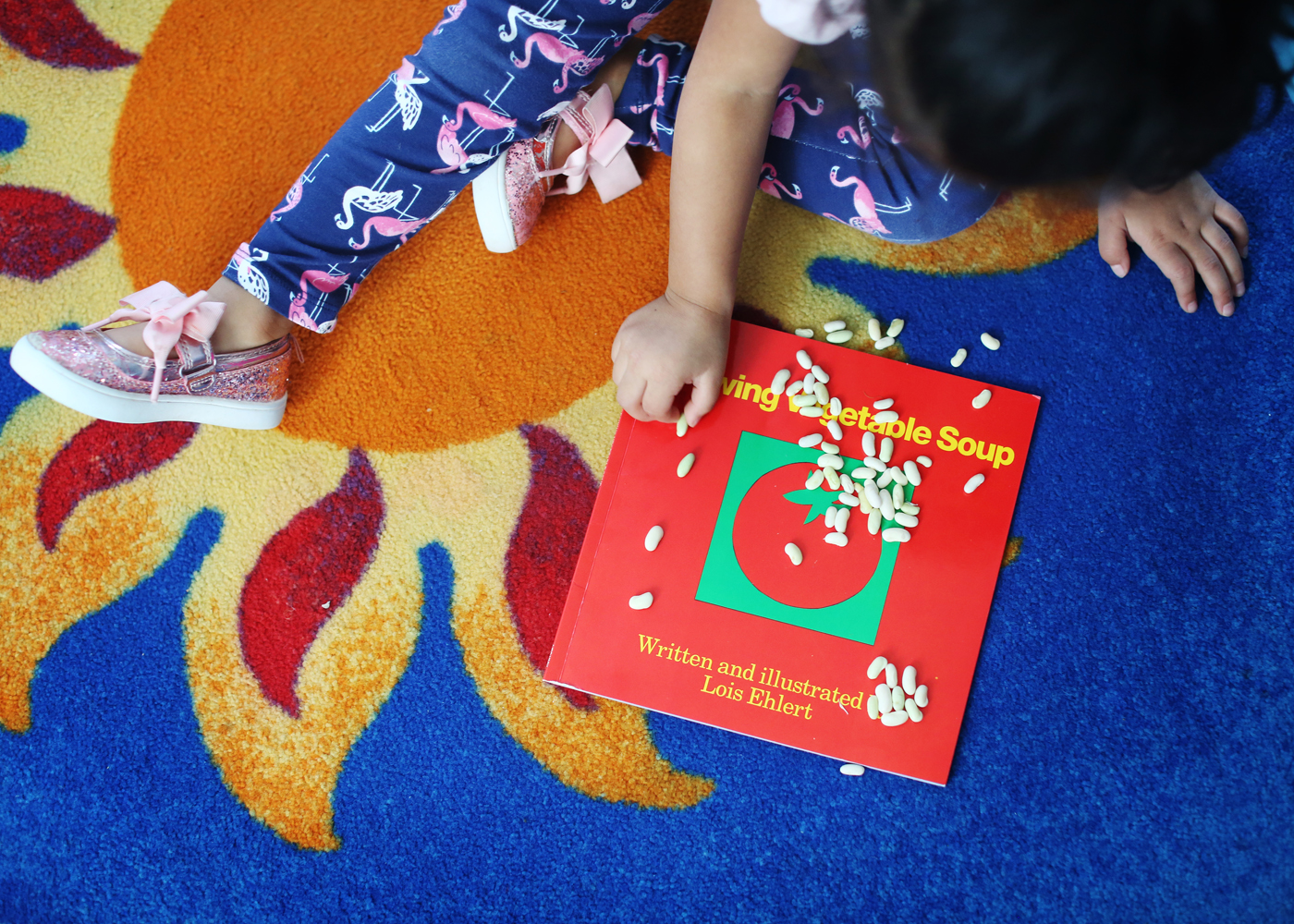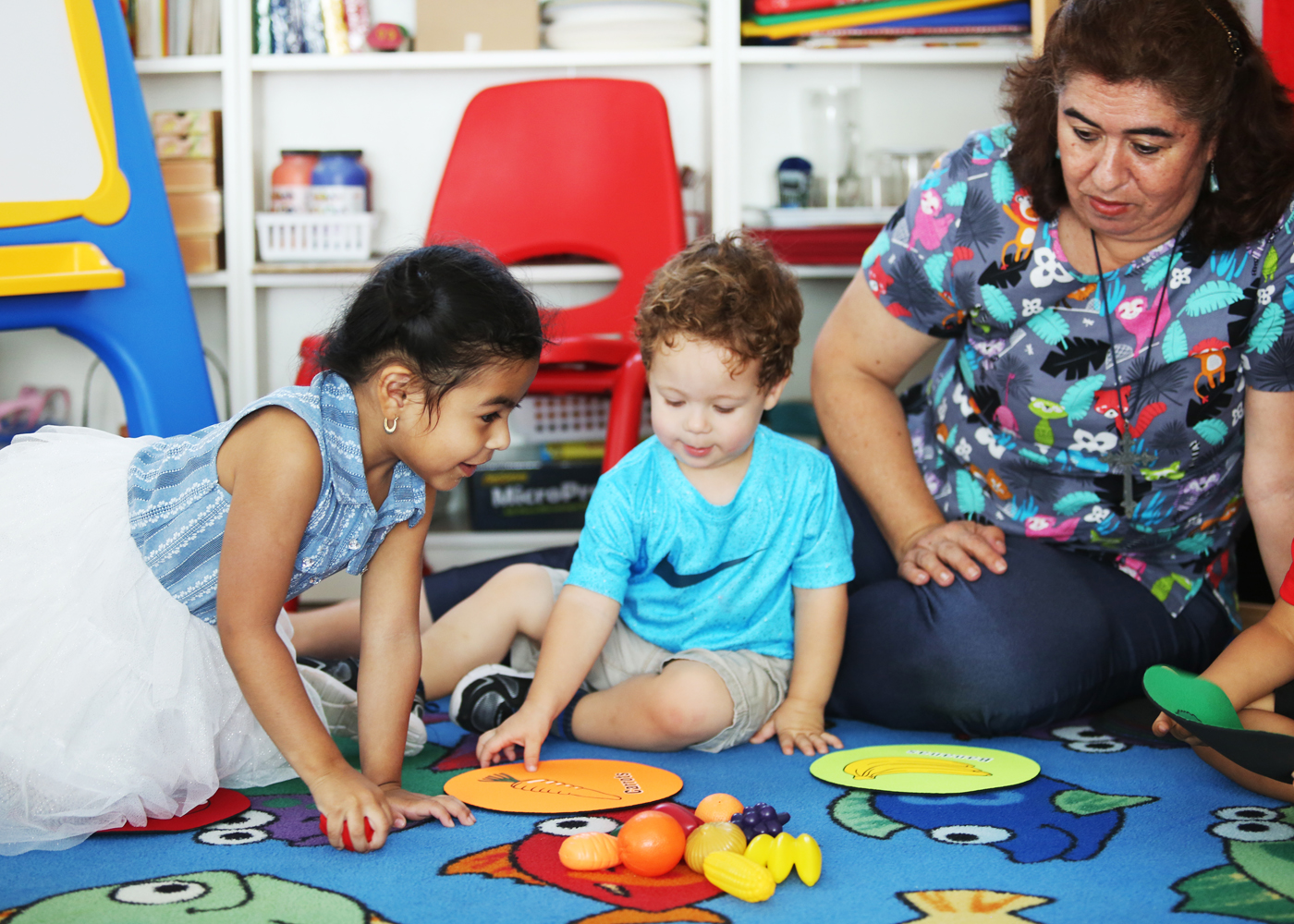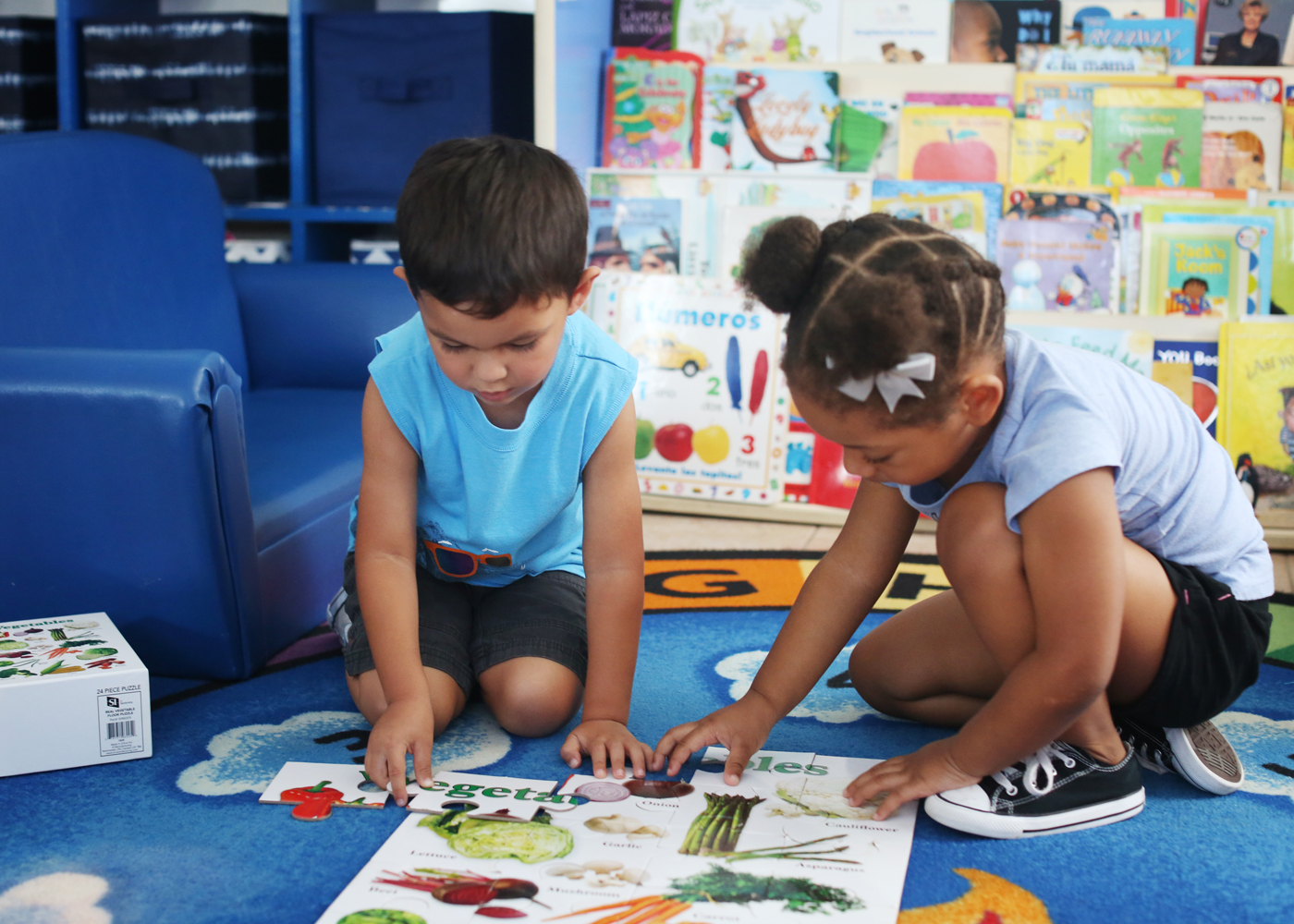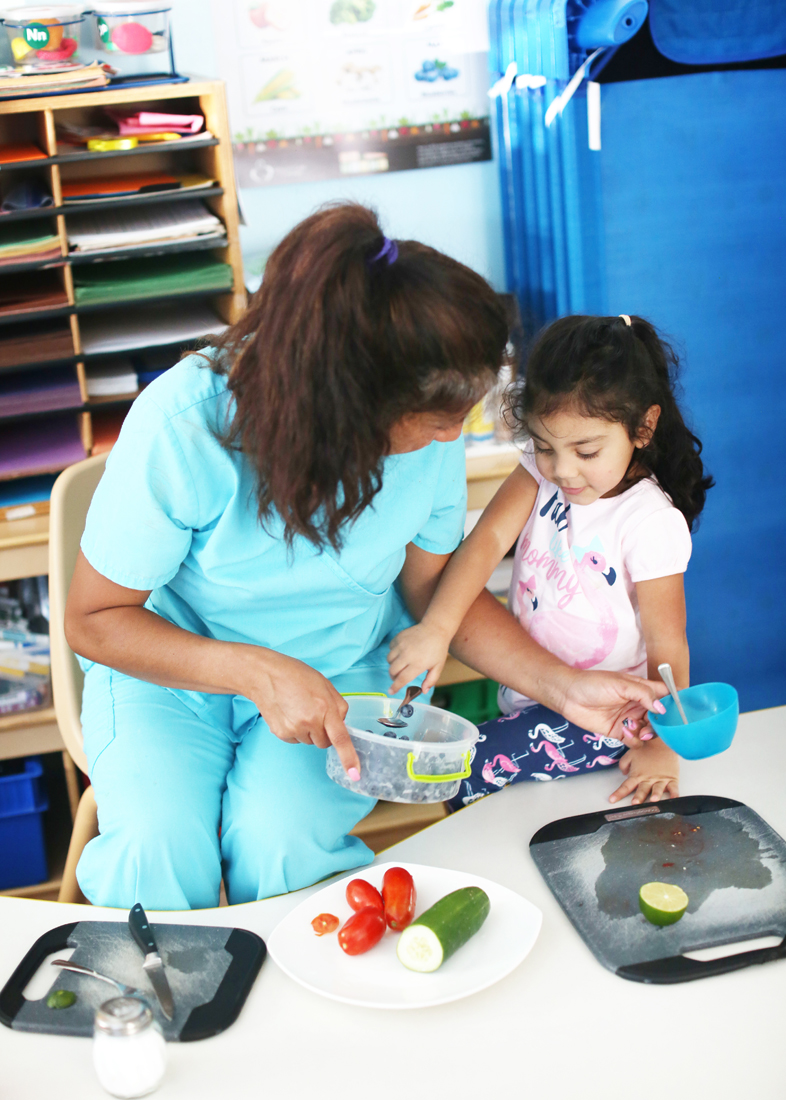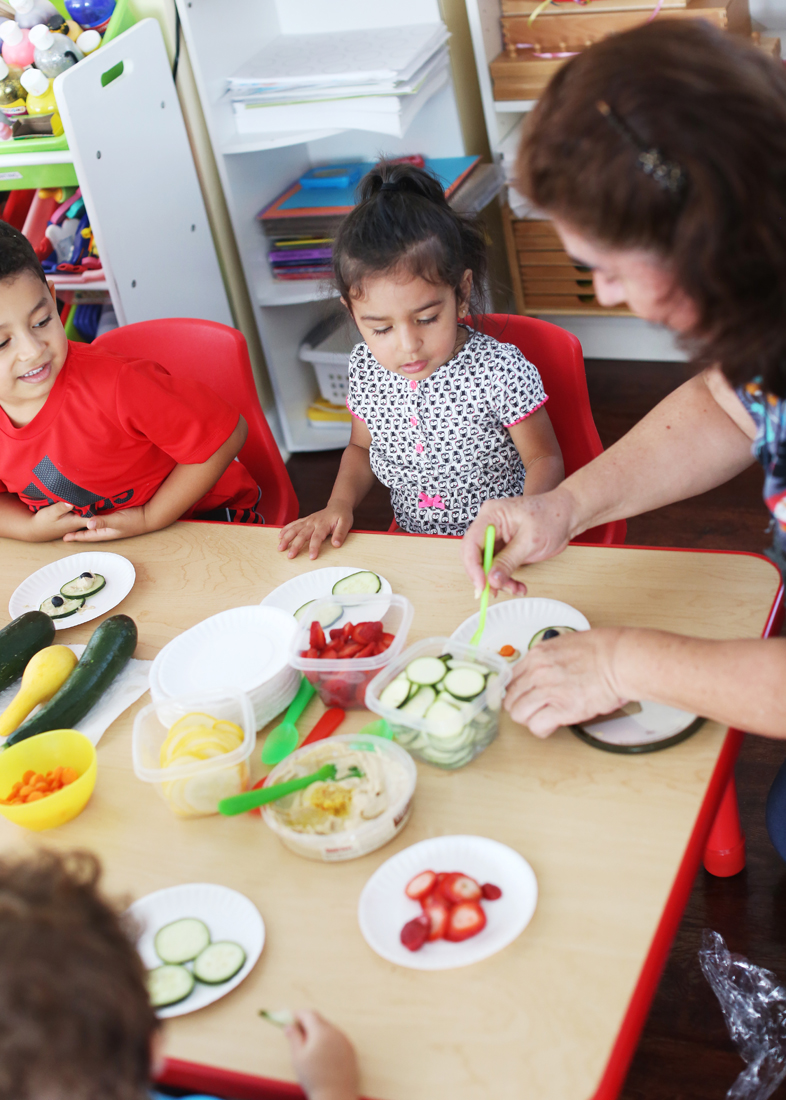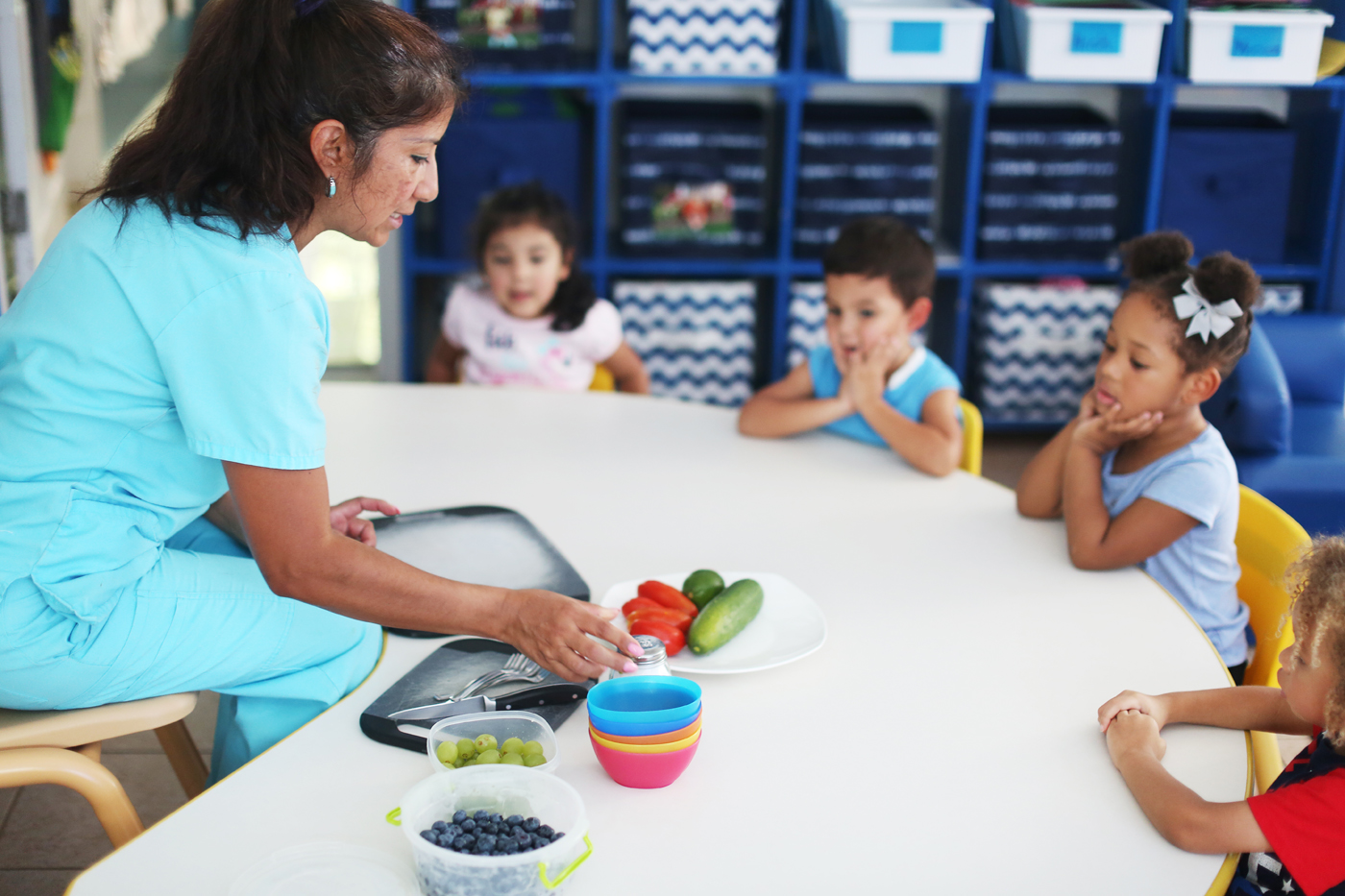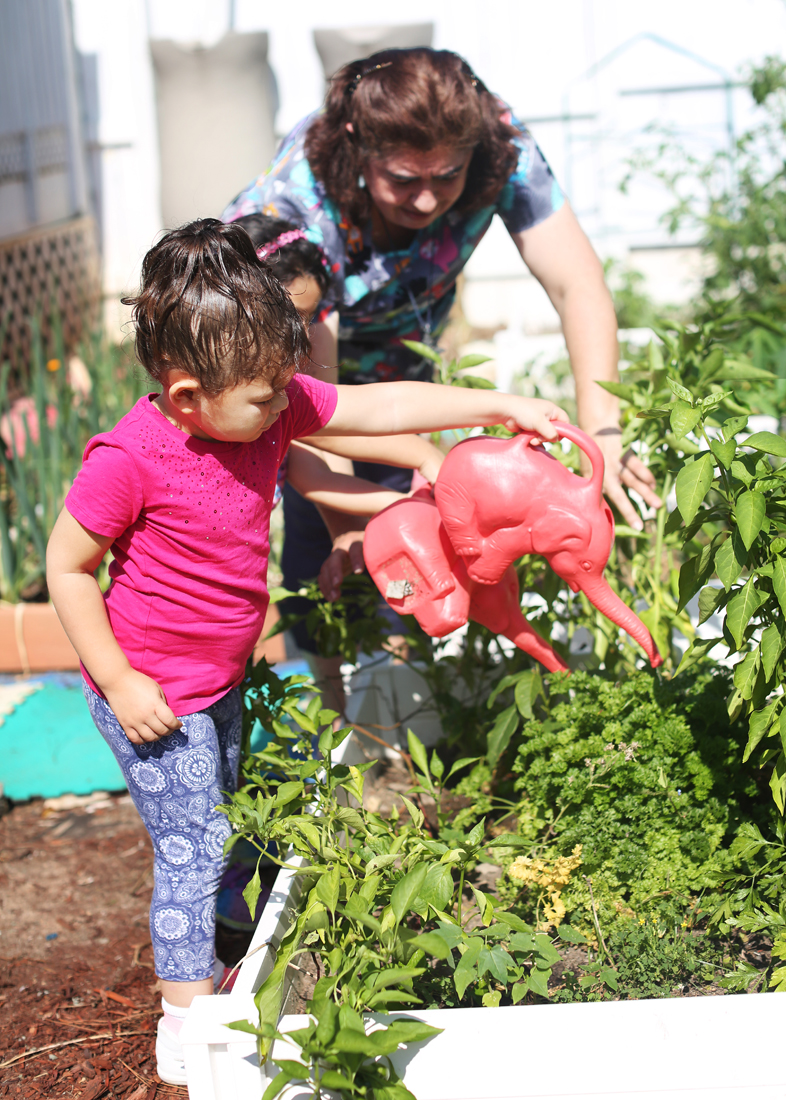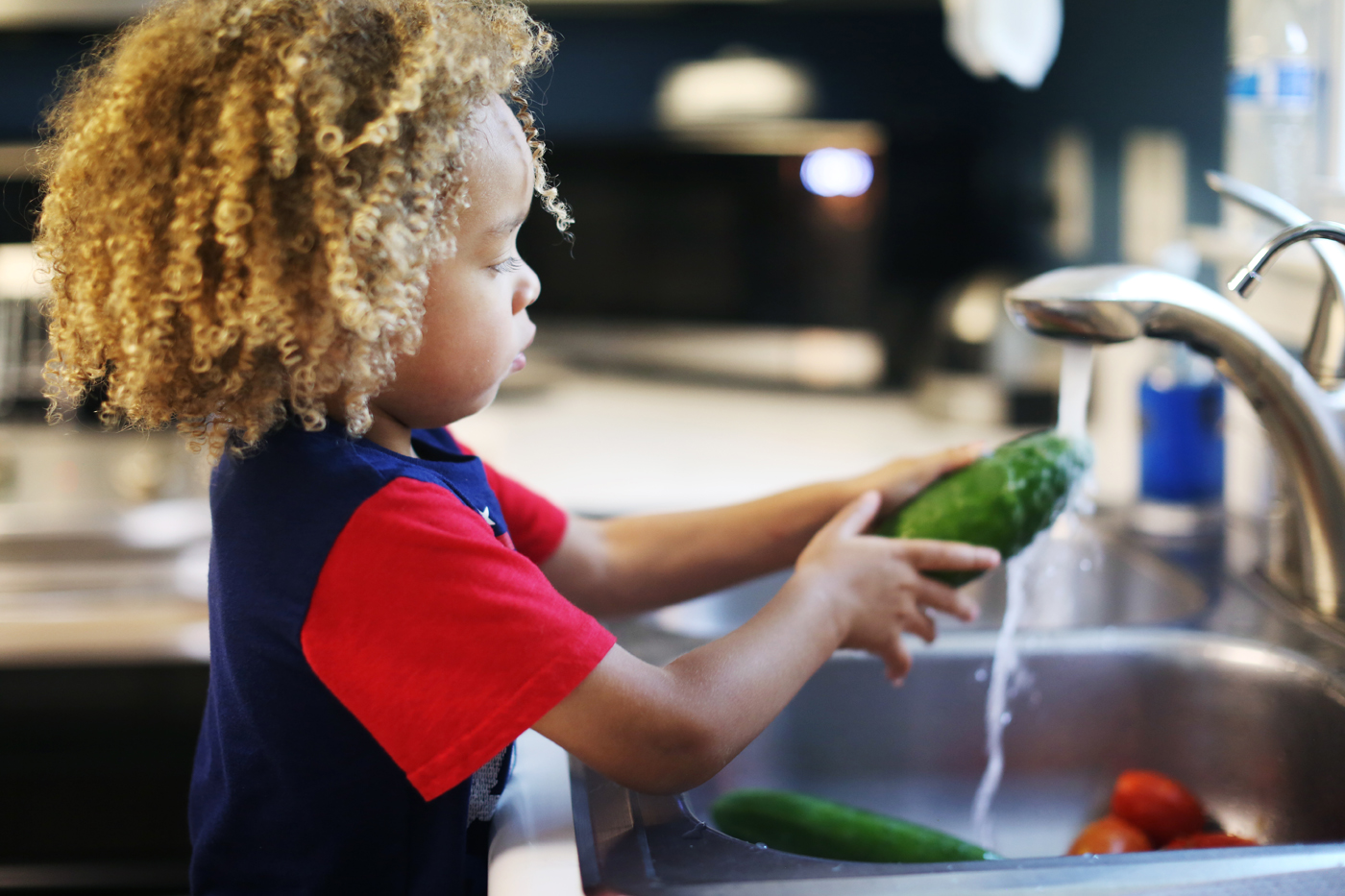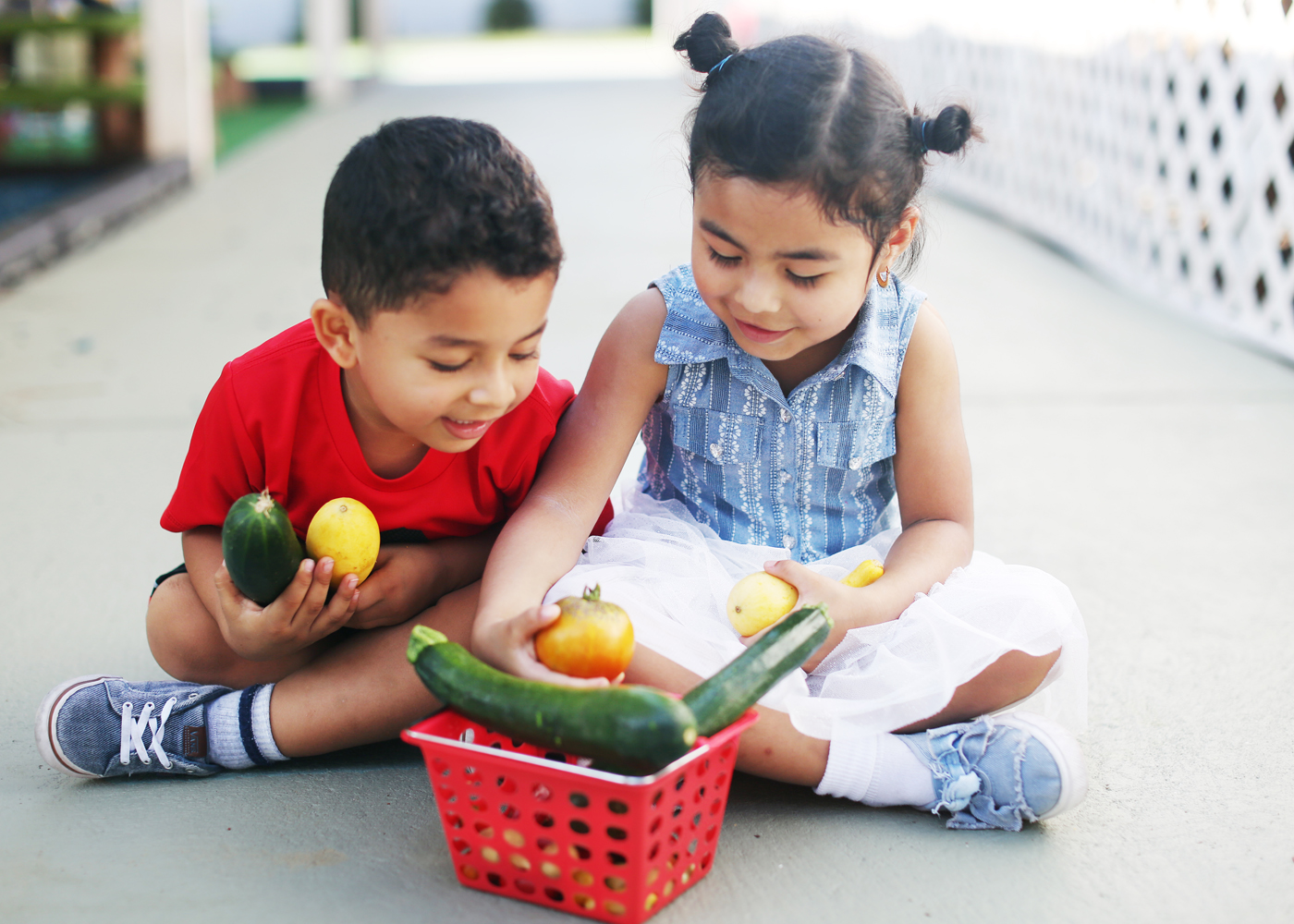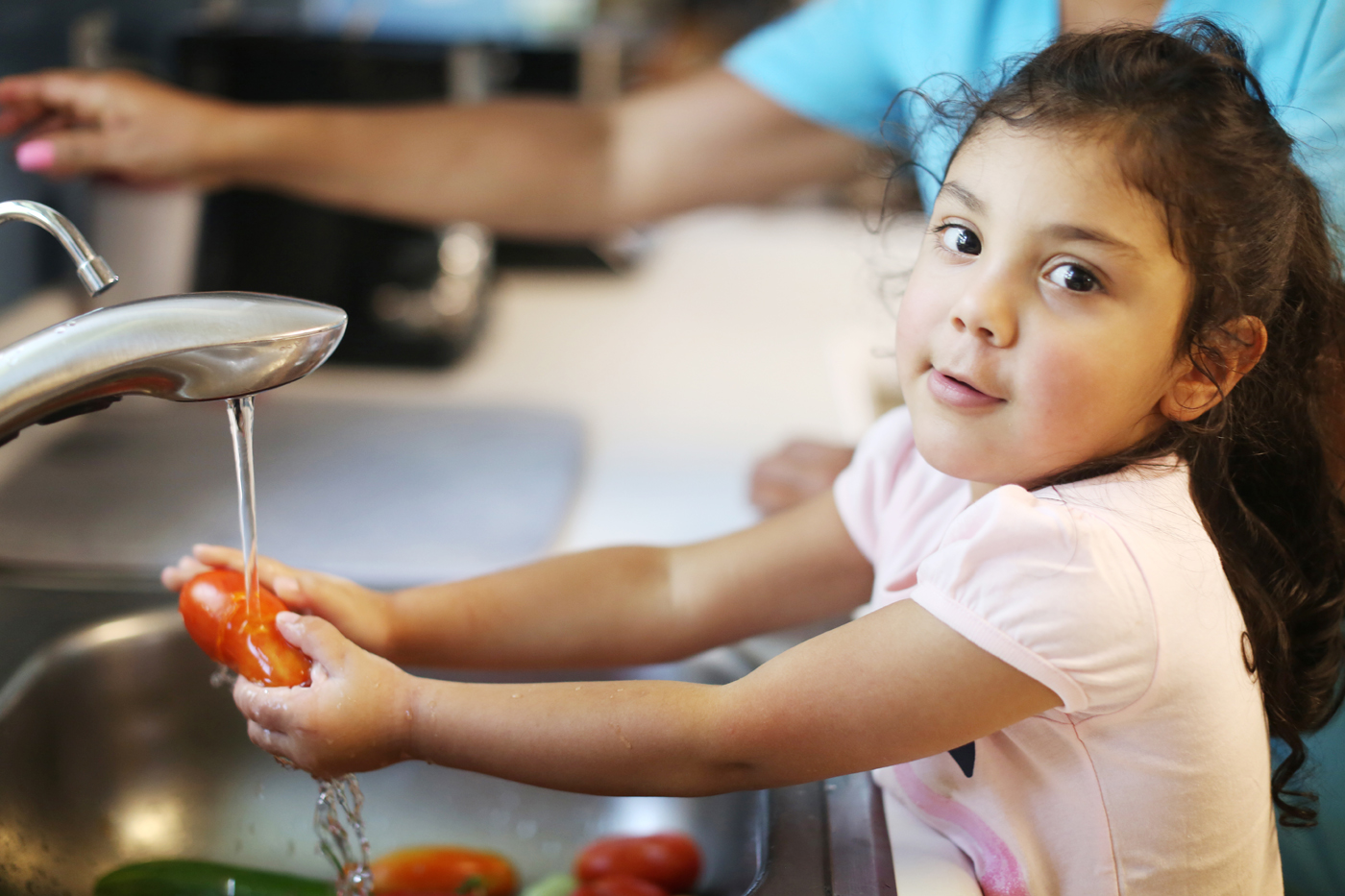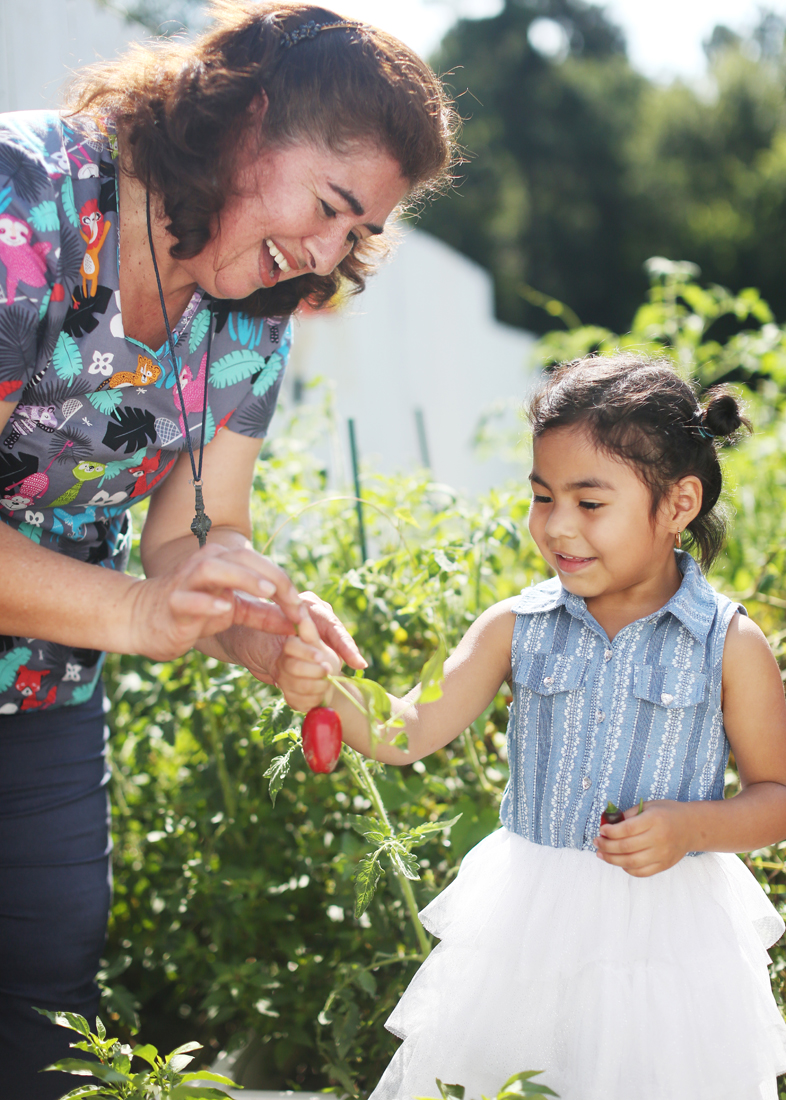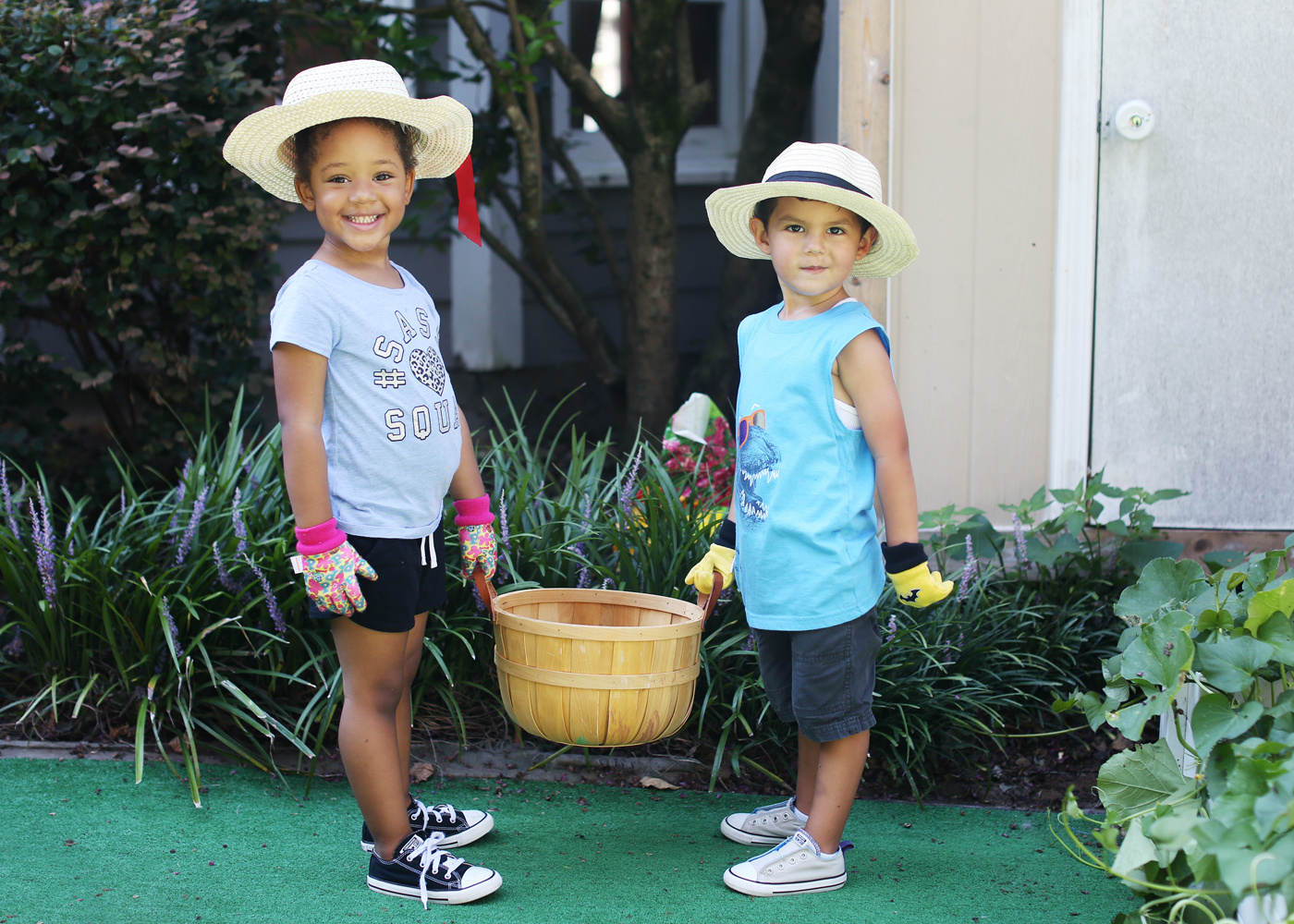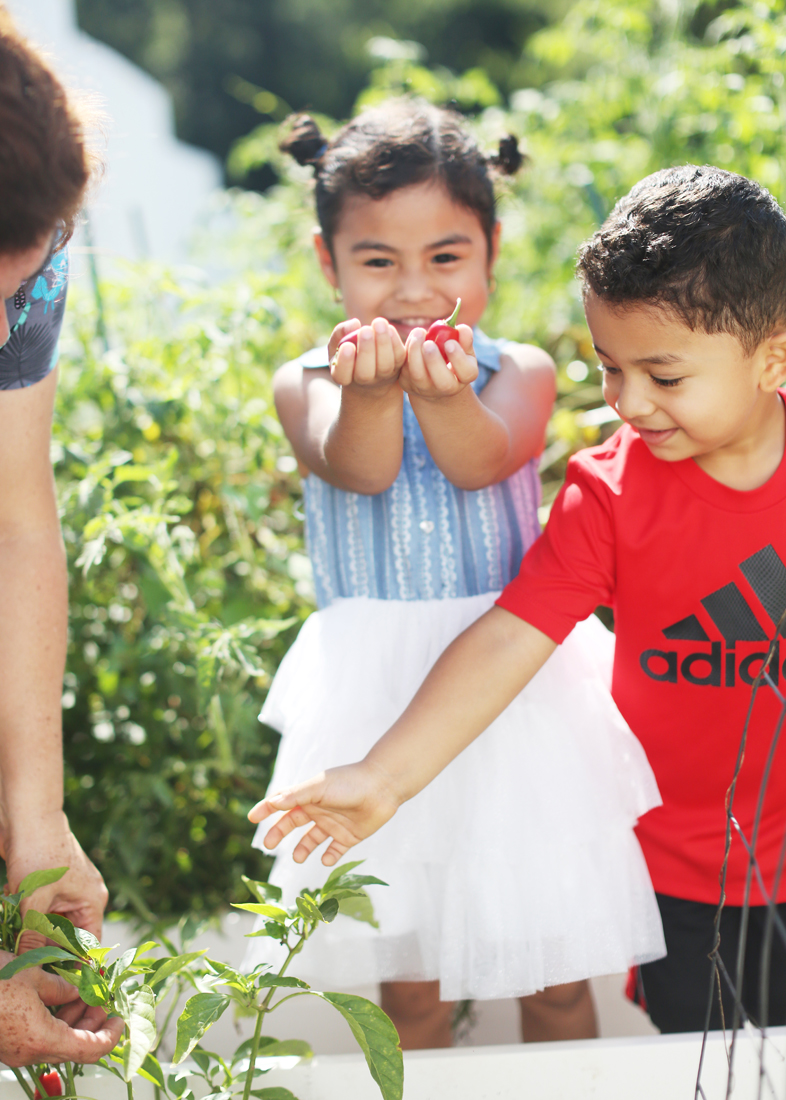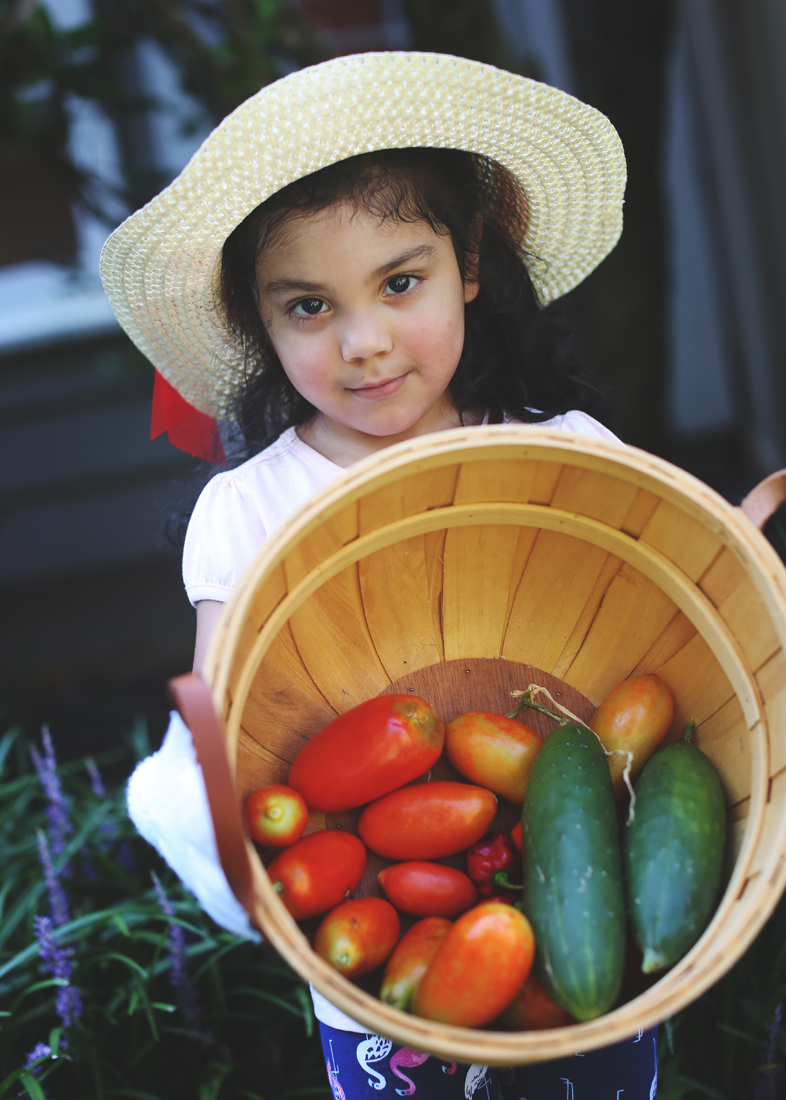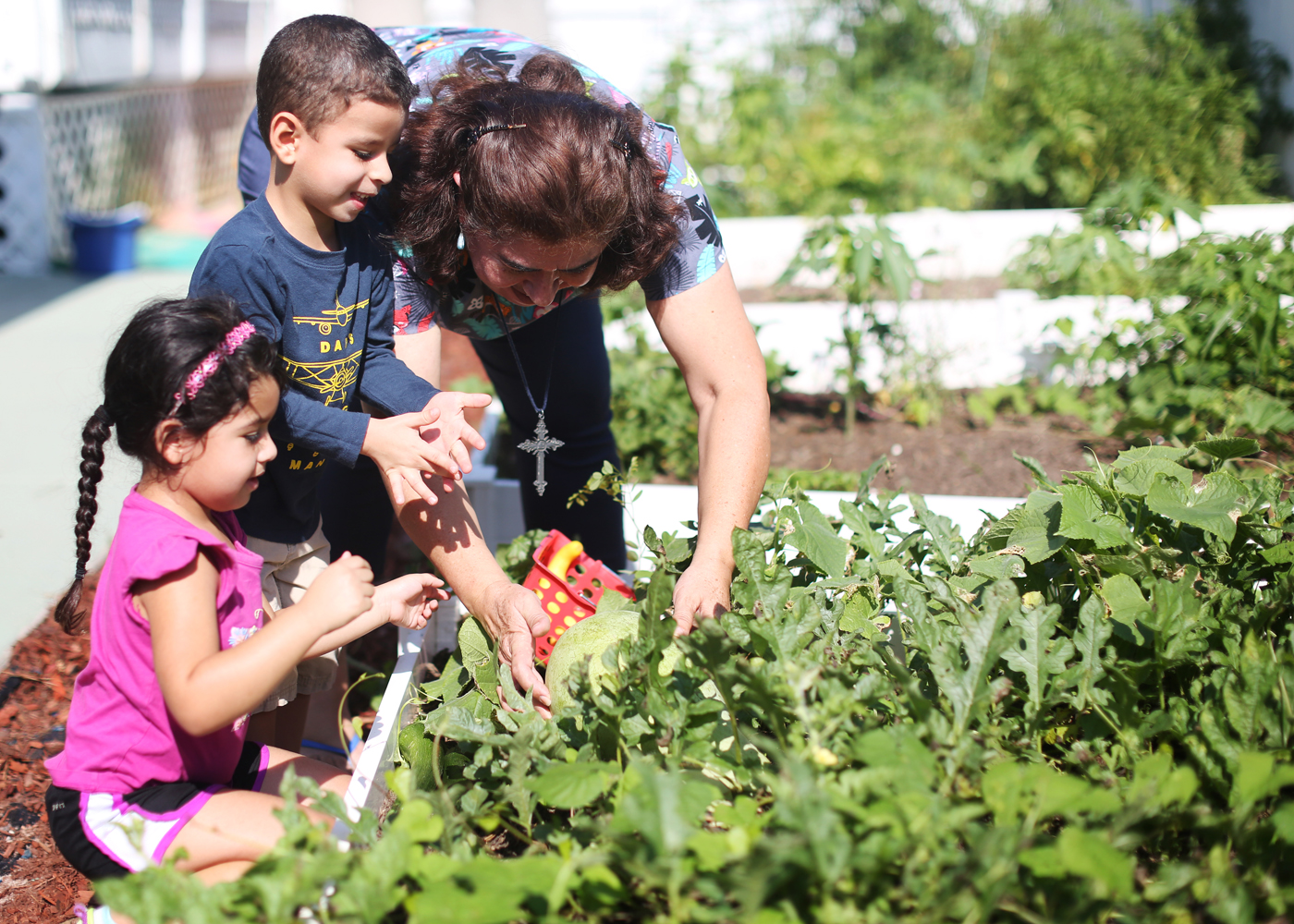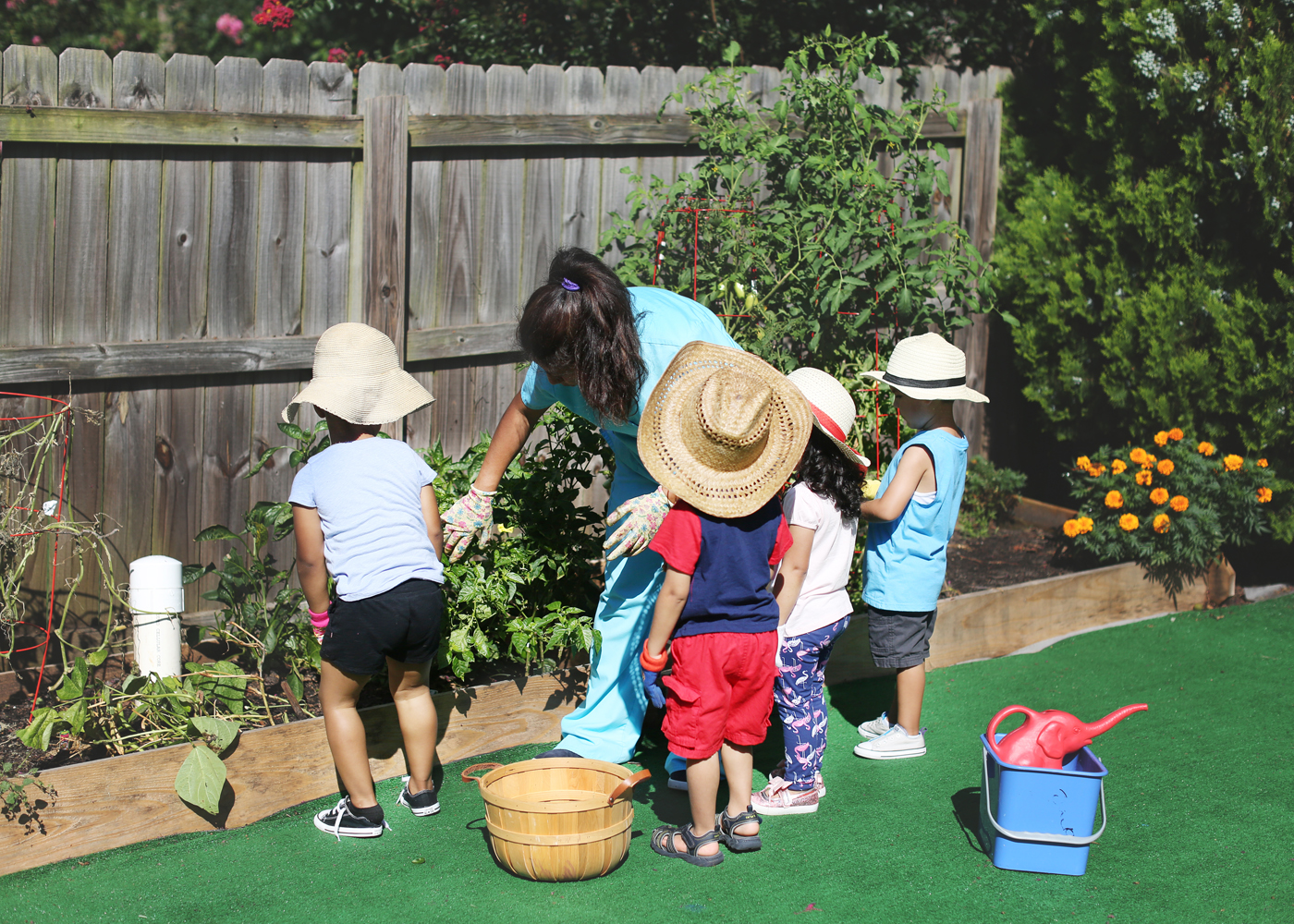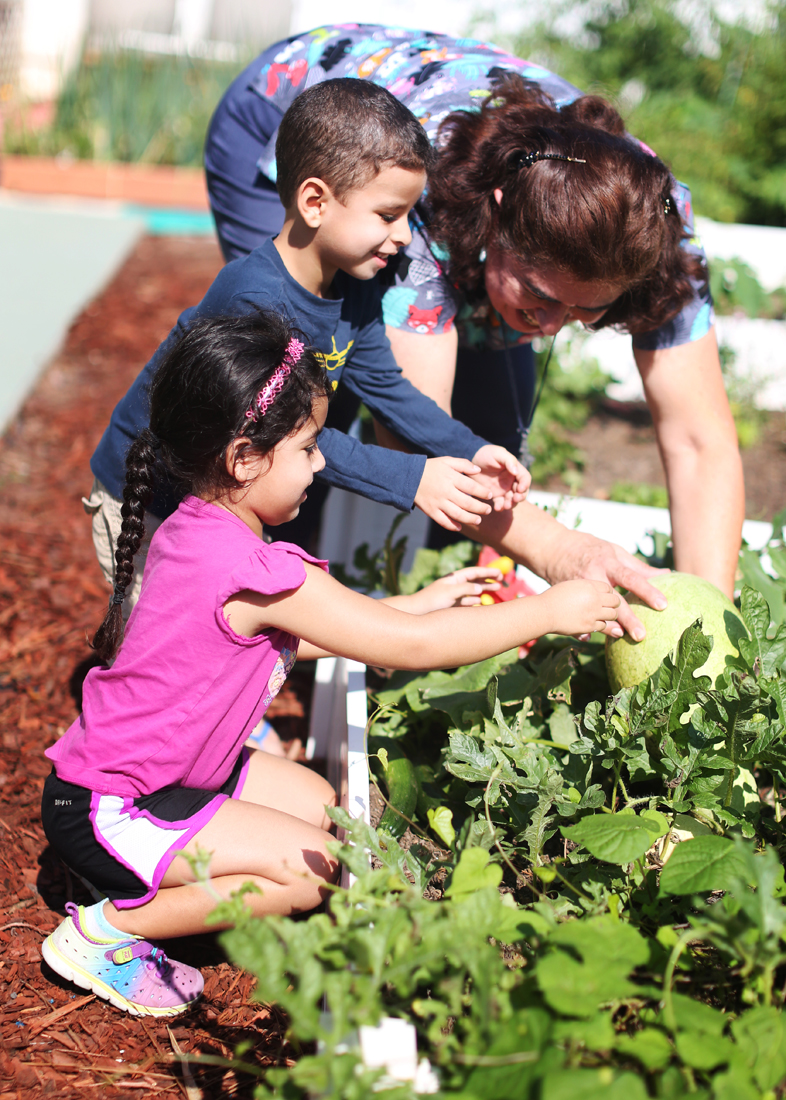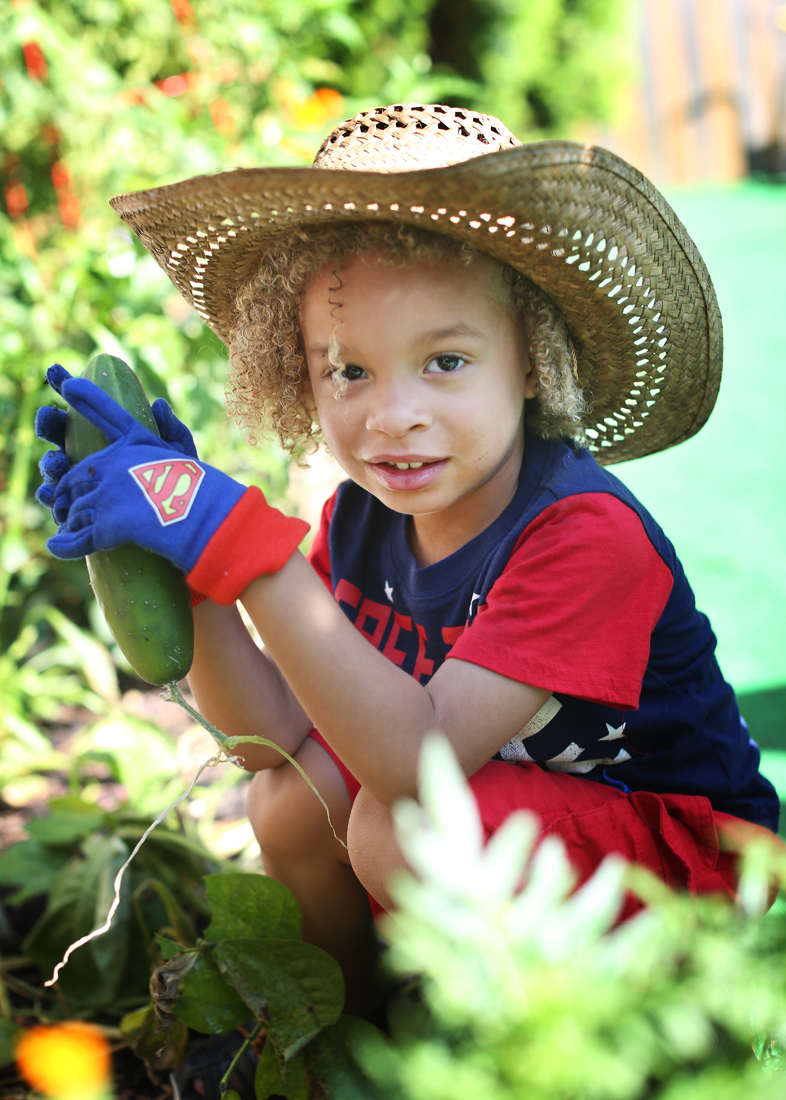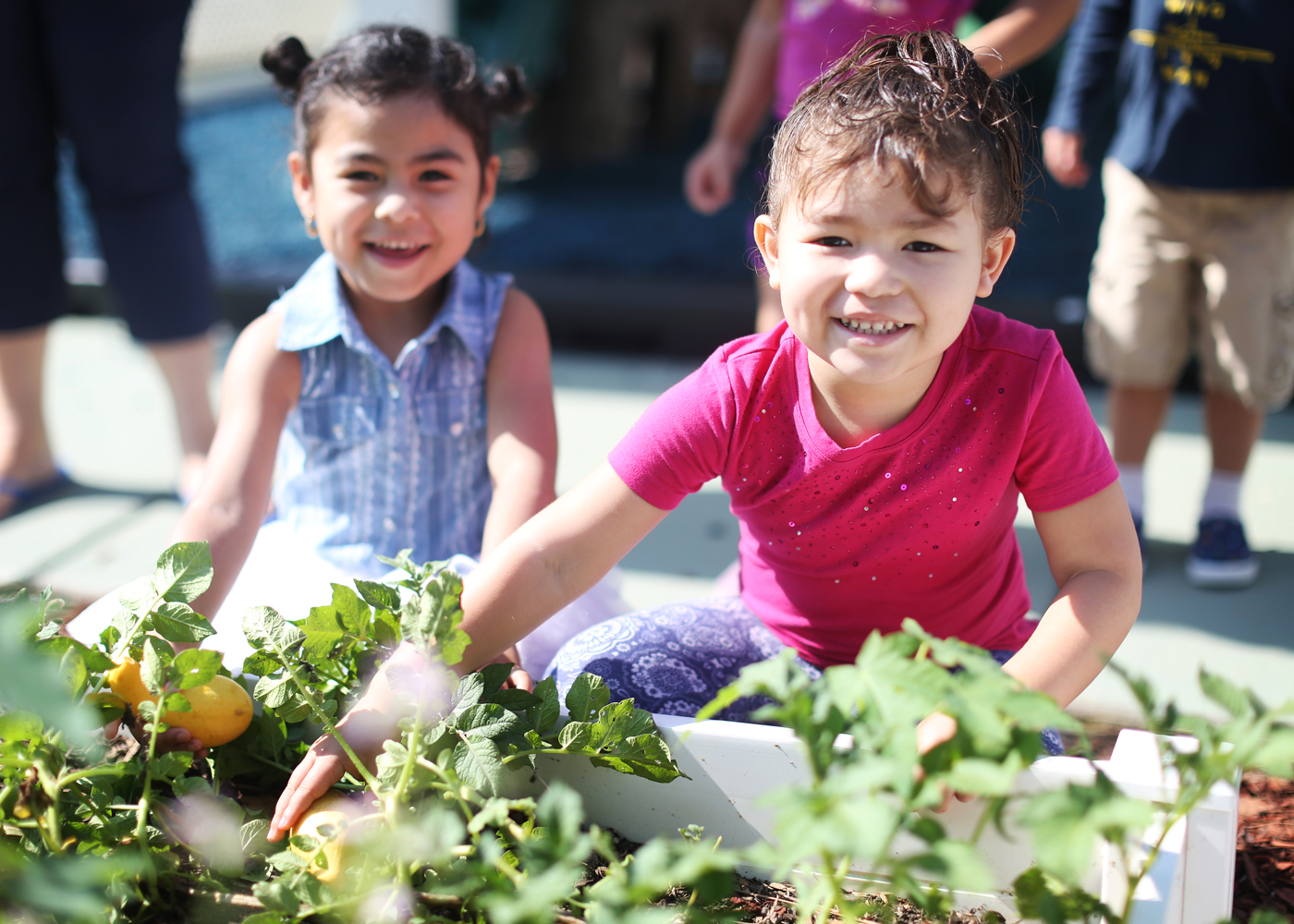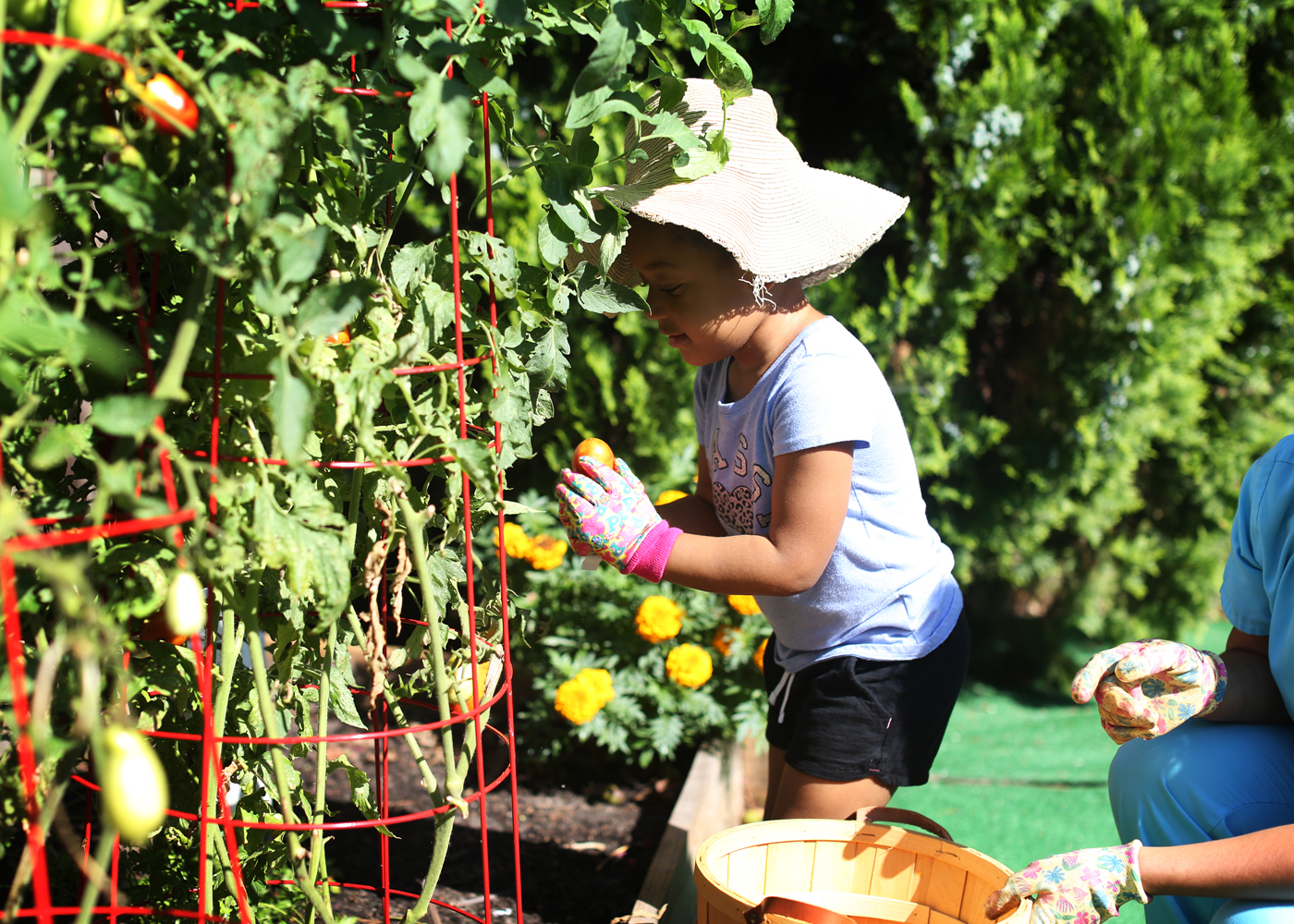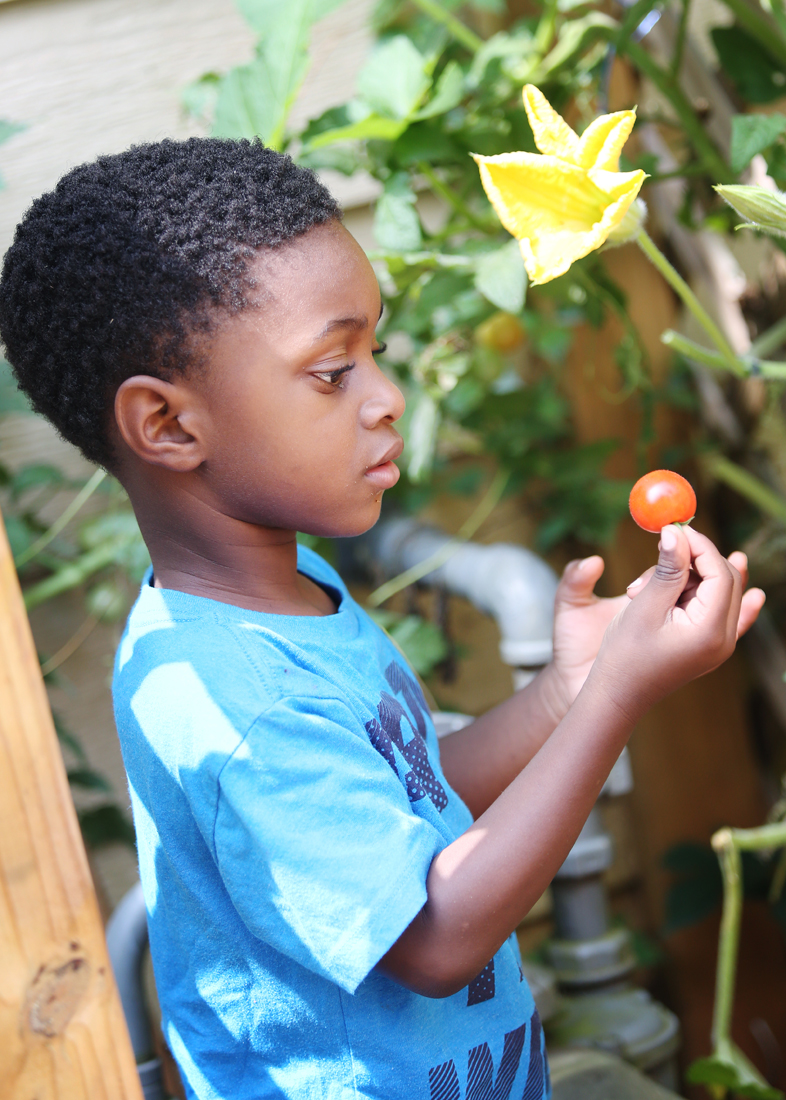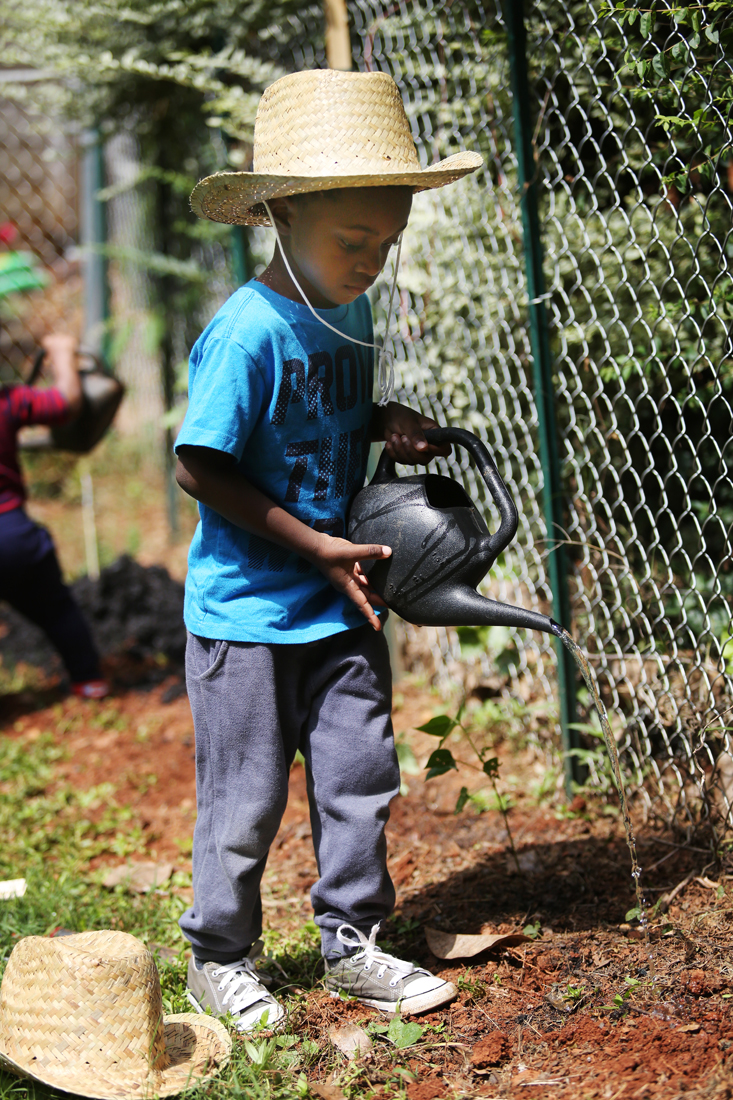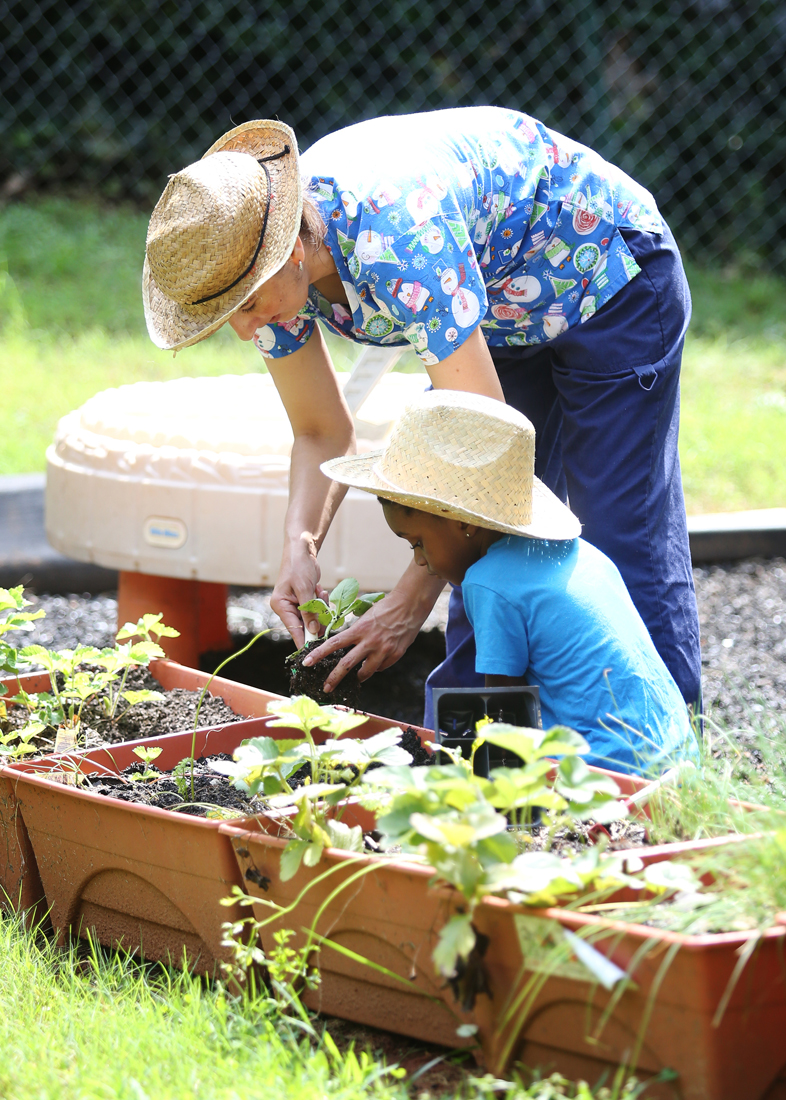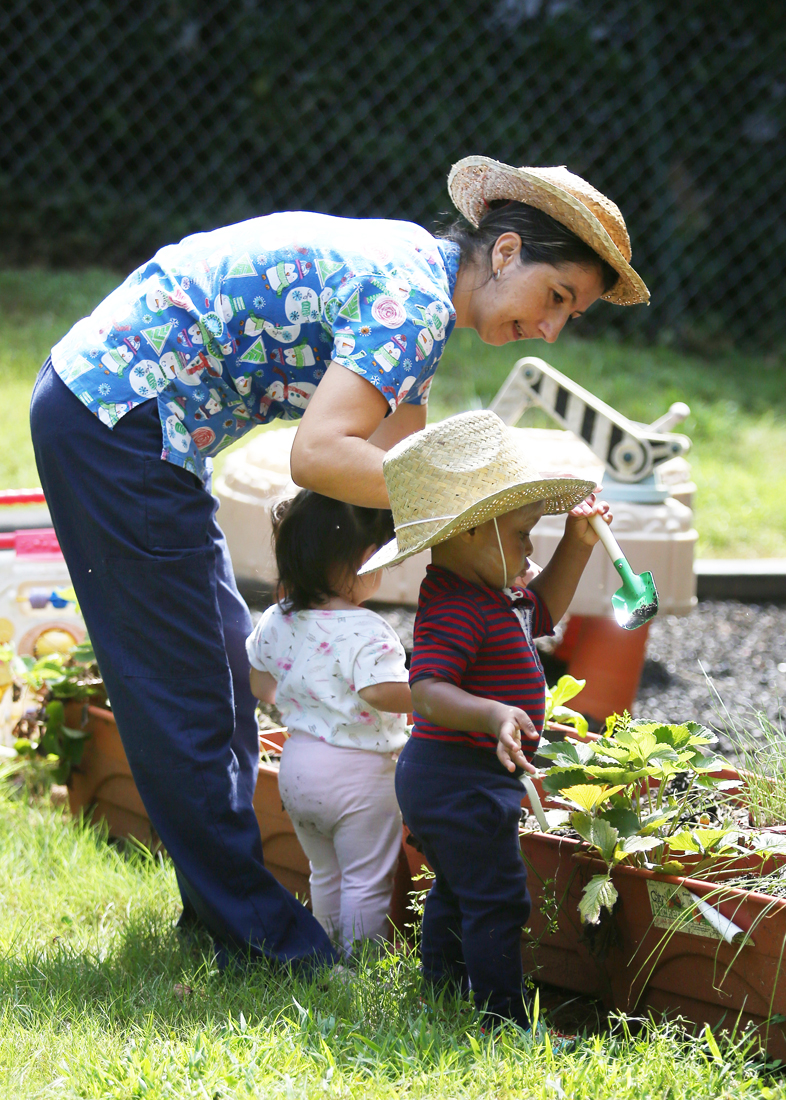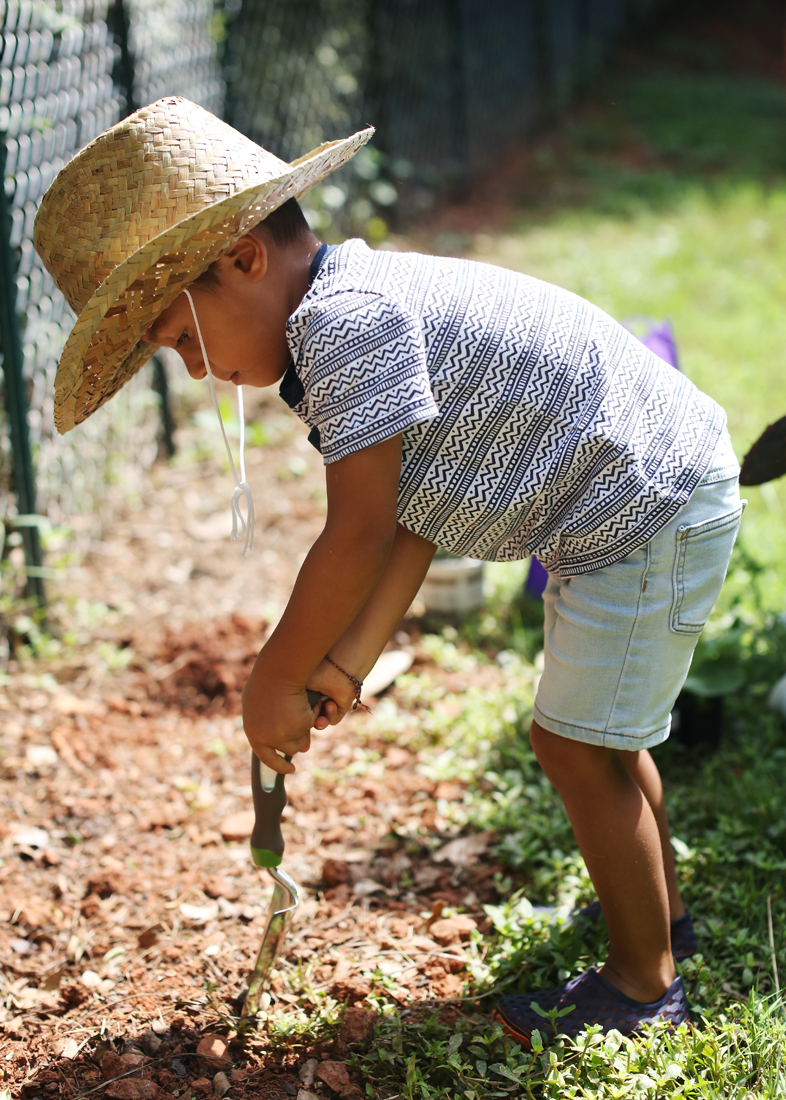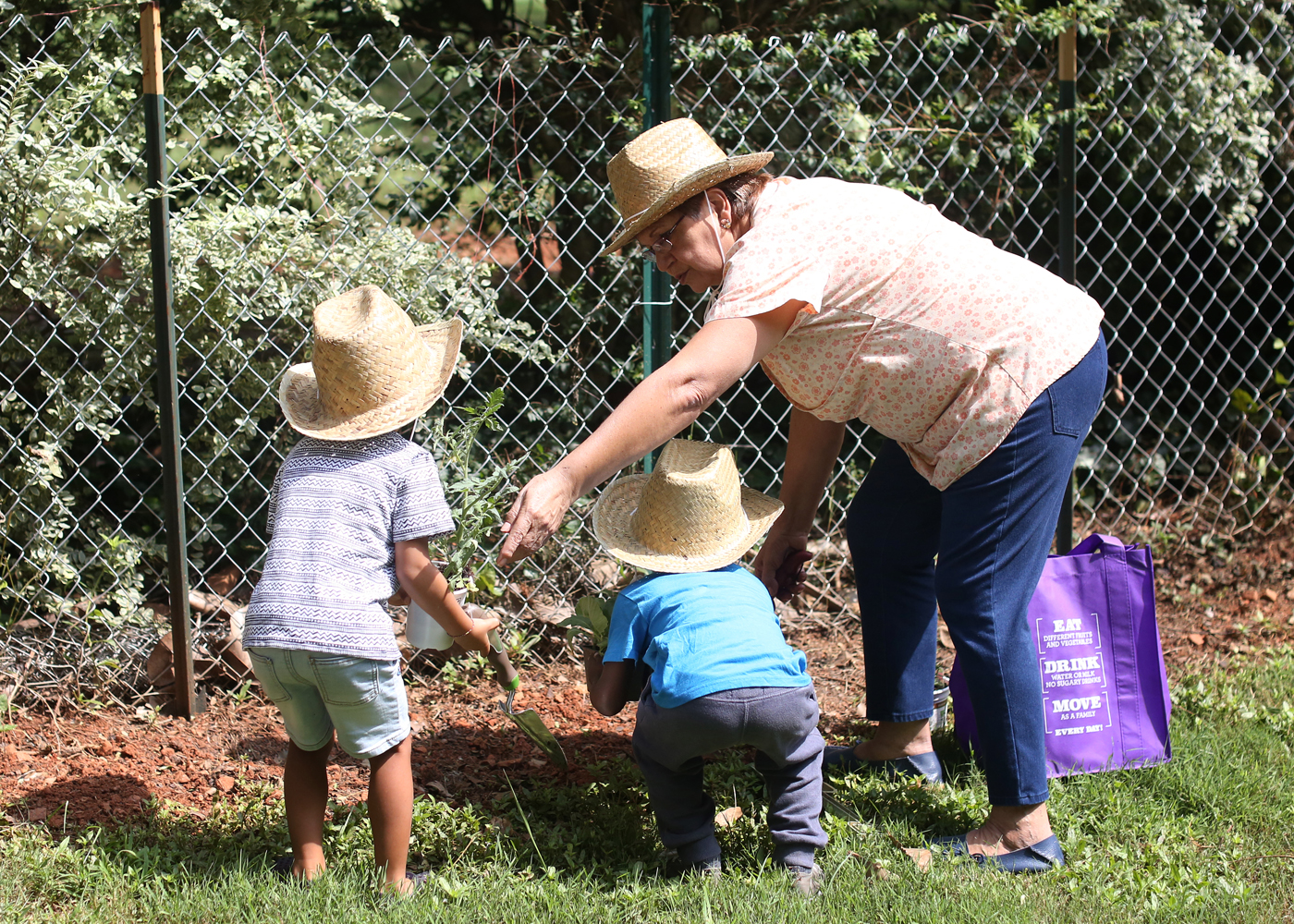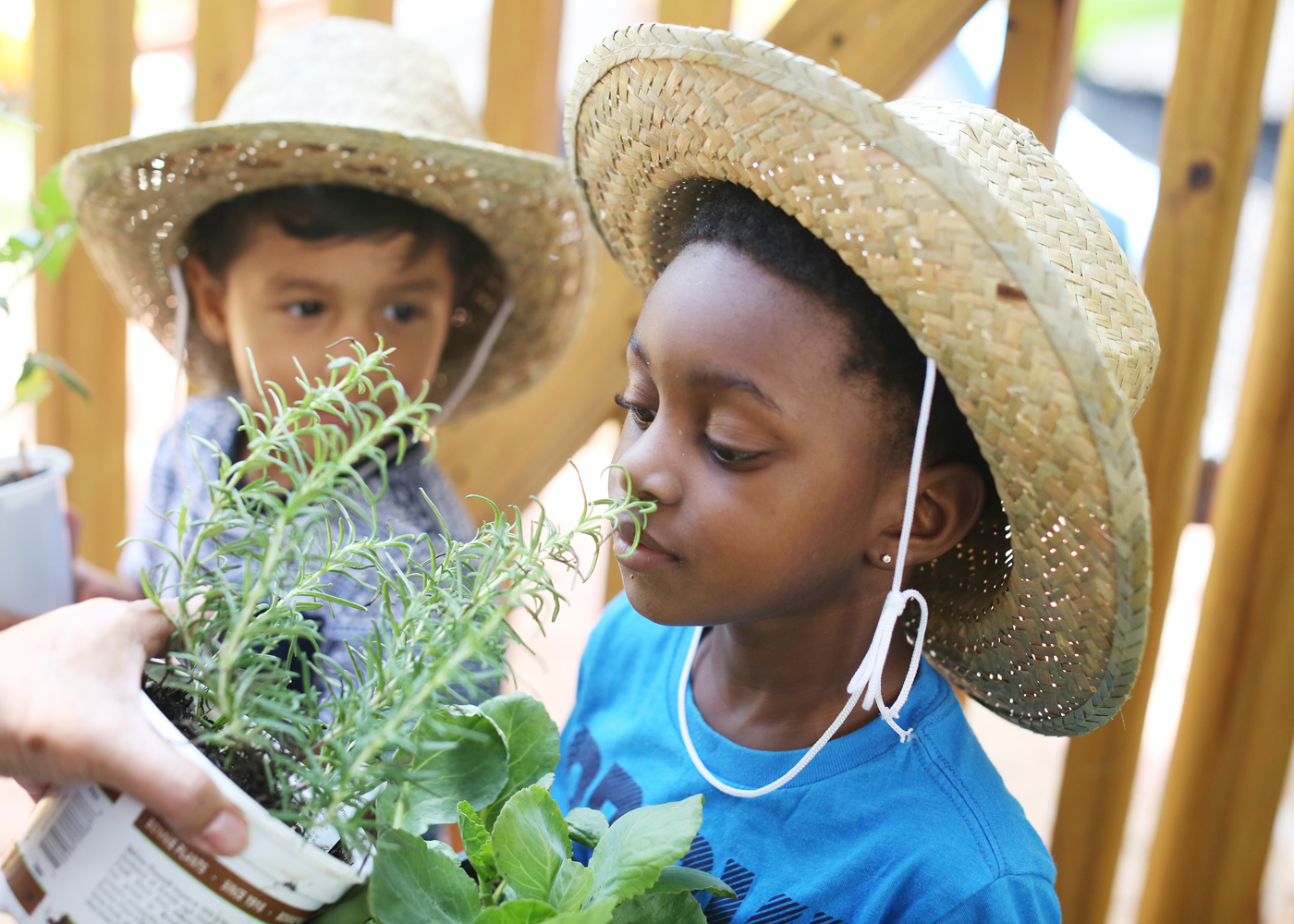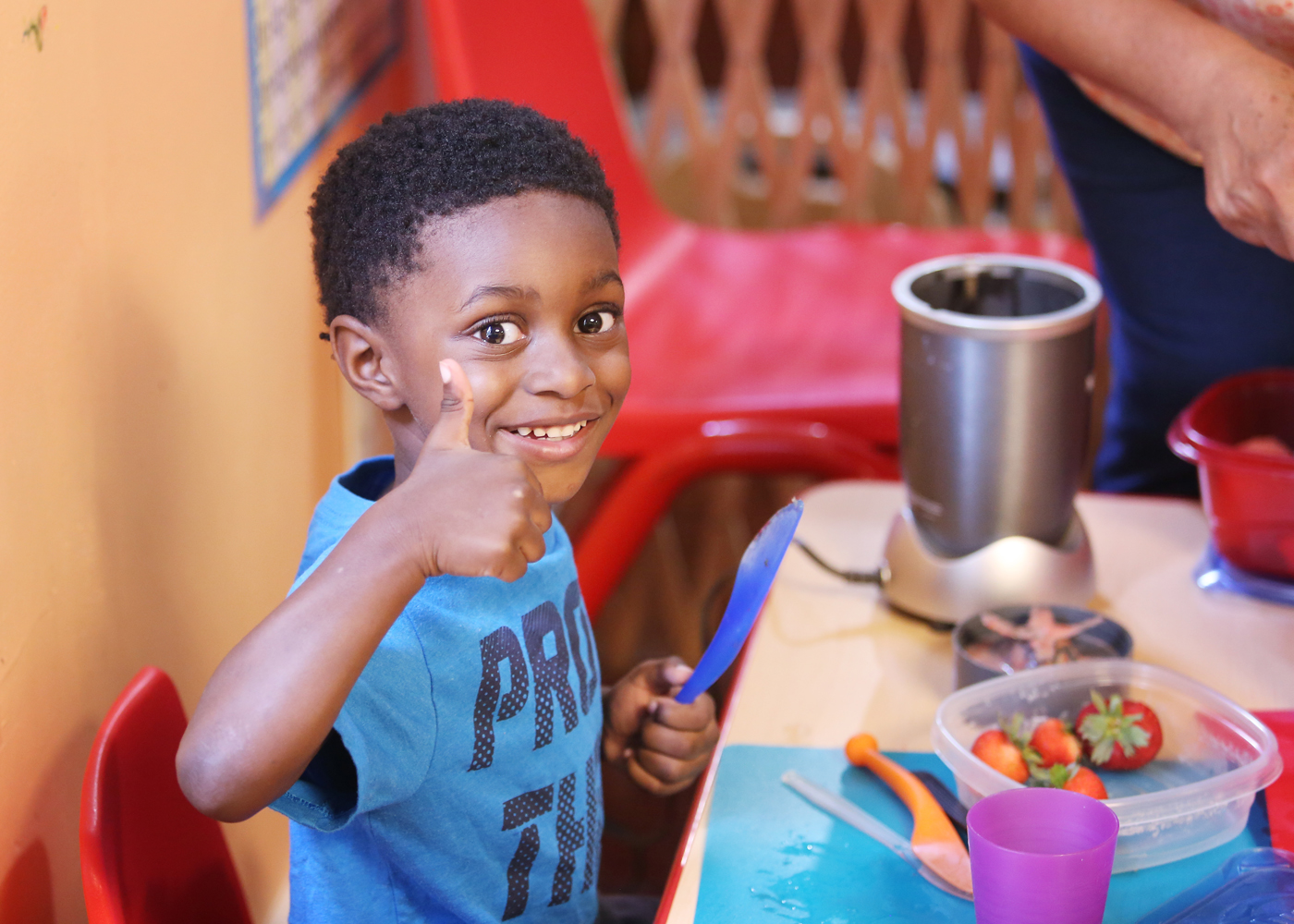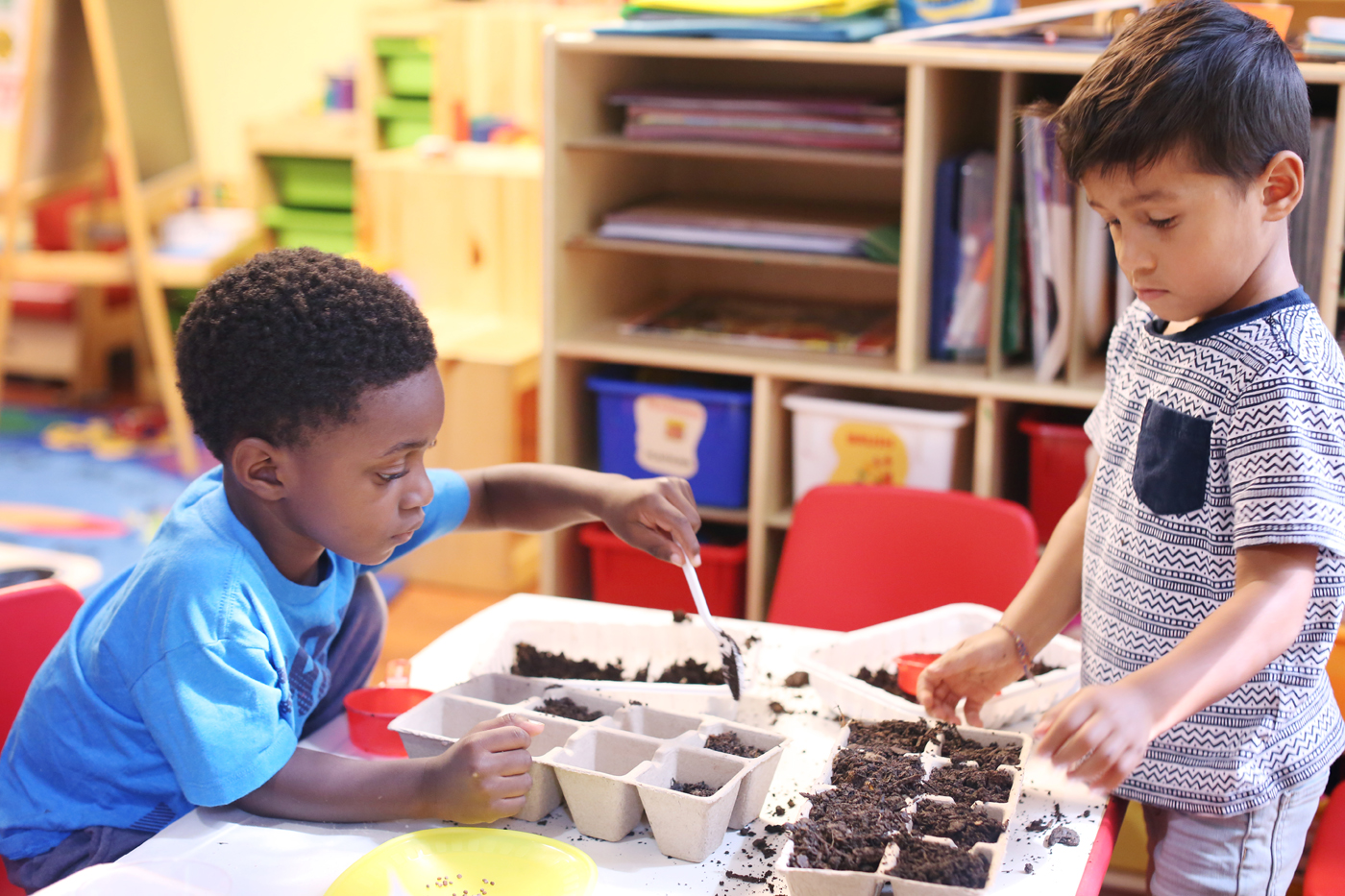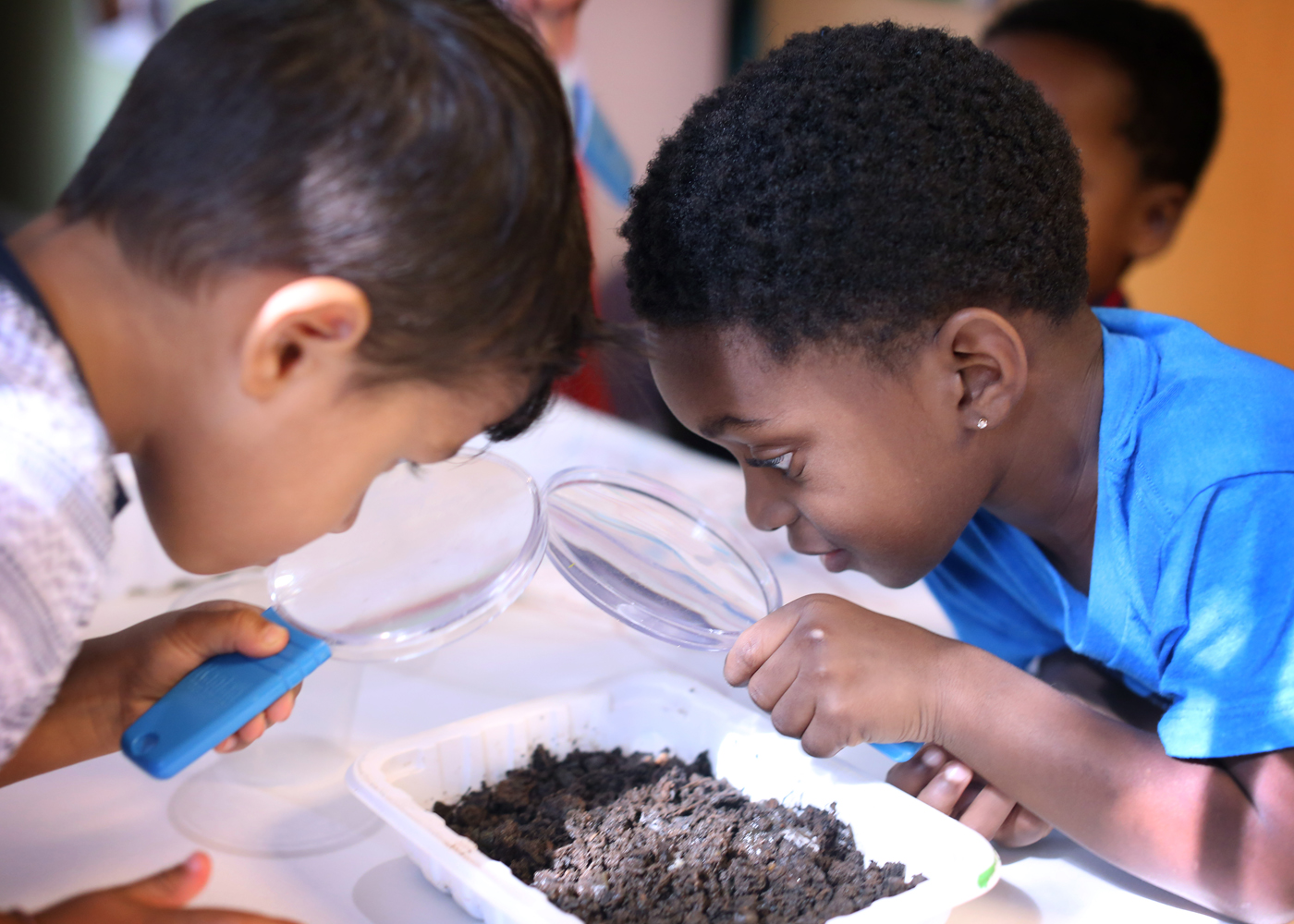Georgia Farm to Early Care & Education
Link Children to Locally Grown Food & Develop Healthier Eating Habits
Farm to Early Care and Education (ECE; formerly Farm to Preschool) connects child care providers to locally grown, healthy foods. As a result, children increase their nutritional awareness while parents are engaged in issues related to child nutrition. Farm to ECE activities include vegetable taste testing, family celebrations with healthy foods, edible gardens, menu changes, and other planting resources.
Harvest of the Month 2024-25
The Georgia Early Care and Education Harvest of the Month is a collaborative campaign to promote a different local, seasonal fruit or vegetable in child care settings each month.
Where can I find local food?
You may shop at a nearby farmer’s market. Many local grocers and food co-ops carry locally-grown food, but you will have to look for signs or labels on these products. Sometimes you will simply have to ask where did the food come from if it’s not labeled. You may find a local farmer’s market here with your zip code or go to Georgia Grown to find food grown in our state.
Local food may also be purchased through a CSA (Community Supported Agriculture programs). CSA food is paid for in advance and food is delivered to you weekly. A CSA offers the opportunity to try new foods and to learn what foods are in season. To learn more about shopping for local food or to find a CSA, go to the Georgia Organics website.
What is “local”? You decide.
Local can mean within your county, in your state or in your region. For Georgia, local could mean food grown in the state, or it could be food grown within 100 miles of your location. For example, if you’re in the southern city of Valdosta, that could mean food grown in your region (Georgia, Florida, Alabama or South Carolina). It’s simply up to you. Consider your area’s growing season and the types of foods that grow and are produced near you. Also, when you buy local food, you help support the local and community economy.
How to get involved
Over the next two years, Georgia Organics, Little Ones Learning Center, Voices for Georgia’s Children, and Quality Care for Children will build upon Georgia’s Farm to Early Care and Education (FTECE) initiative to promote farm-fresh, healthy food to the state’s early education providers, as well as hands-on education in nutrition, cooking, and gardening. This generous grant from the Kellogg Foundation aims to expand an initiative launched two years ago to expand access to healthy food for Georgia’s most vulnerable children by encouraging family engagement, helping children learn where their food comes from, and expanding opportunities for local farmers to sell fresh foods to early care and education programs.
The Farm to Early Care and Education Partners are excited to expand the FTECE Learning Collaborative through a series of mini-grants available to early education providers who are looking to expand their farm-fresh curriculum. Fifteen early care providers from across the state have been selected to receive grants up to $2500, and will benefit from free resources and materials as well as training and professional development that includes nutrition education, understanding of how foods grow, better cooking techniques, indoor and outdoor activities for children, and tips for parent involvement.
WE ARE CURRENTLY NOT ACCEPTING APPLICATIONS FOR THE GEORGIA FARM TO EARLY CARE AND EDUCATION LEARNING COLLABORATIVE.
However, if you are interested in starting Farm to ECE activities at your early care program, you can find numerous resources here on the Quality Care for Children website and links to other websites.
Farm to ECE Text Tips
Quality Care for Children is excited to offer its free farm to table texting program to Georgia parents and child care providers. Simply text “FarmGA” to 8772554254 to sign up for this free monthly texting service to receive recipes, farm to table activity ideas, and tips for getting kids to eat more fresh, local produce.
FREE Tools & Resources
Harvest of the Month Calendar (English)
Harvest of the Month Calendar (Spanish)



